Across the Everest of automotive technological advancement, the futuristic Motor Car manufacturing landscape inspires global buyers with rich opportunities and hardships galore. The emergence of advanced technologies, environmental challenges, and changing consumer considers are reshaping how automobiles are designed, manufactured, and marketed. Here, companies like Chengdu Xingbiao Industrial Technology Co., Ltd. are actively involved in meeting a diversified dynamic market with innovation and sustainability.
In the blog below, we will be discussing the trends and advances directed toward the future of Motor Car manufacturing and will point out some of the critical knowledge that will certainly benefit global buyers. From the smart technologies in electric automobiles to sustainable practices in their production, all spent on understanding for companies that want to succeed increasingly in a competitive environment will, therefore, form the crux of Chengdu Xingbiao Industrial Technology Co., Ltd.'s role in ensuring that the timely transformation shall be sustained by our clients with knowledge to authorize strategic decisions throughout the purchasing process.

The Evolution of Motor Car Manufacturing Techniques
Due to sustainability topping the car manufacturing trends, car manufacturing is in the process of transformation. The new car market in the UK has been rising for the past two years, giving electric vehicles (EVs) a game-changing focus. They are now also targeting manufacturers' ability to really go green and adapt quickly when the uptake of battery electric vehicles exceeds that of all sales. Chinese automakers really challenge traditional OEMs, which are now moving toward business models facilitated by automotive connectivity. These connected cars not only promise to enhance user experience but also open avenues for subscription models and operational costs' savings. This ongoing transition to electrification and advanced technologies is providing the industry a new route toward possible future success through environmentally sustainable manufacturing.
Emerging Technologies in Automotive Production
Several trends are redefining motor automobile manufacturing techniques that demonstrate the industry's responsiveness to changing consumer demands and advancing technological breakthroughs. With electric vehicles (EVs) garnering widespread global adoption, manufacturers are innovating in production processes and investing in environmentally friendly technologies that improve efficiency and reduce waste. With so much emphasis on sustainability, automakers are now compensating for the intricacies of financing and have been asking for extended credit periods from their dealers owing to a slowdown in car sales.
In the past few months, the emergence of challenges such as hacking into software systems of some dealership operations led to some reverting back to manual paperwork that speaks louder for cybersecurity. The next course of action determines how the automotive industry will withstand the balancing act between the new technology and its operational continuity into the future of motor vehicle manufacturing. This transitional phase presents automotive manufacturers with hurdles as well as opportunities to contemplate new approaches and adjust themselves toward the new wave in automotive production.

Sustainability Trends in Car Manufacturing
The budding technologies are fundamentally changing the entire automotive industry. From production to consumer experiences, the transformation is phenomenal. The changing preferences of buyers are being influenced by, above all, the proliferation of electric vehicles as consumers tend to look for only innovation in performance as well as sustainability. With the gradual reduction in price and advancement in technology, the market will keep shifting toward battery-powered cars and manufacturers will have to adapt fast and innovate.
Further, connectivity in terms of vehicles has opened up all-new ways of modeling businesses, including subscription techniques. This is not just an enhanced experience for consumers but also a way for automakers to have cost offsets and generate additional revenues. Future automotive production would rely on these technologies and consumers' behavior eventualities for a very connected and sustainable industry.
Global Supply Chain Challenges in the Automotive Industry
Tremendous changes in market dynamics can therefore be expected by global buyers as the automotive industry transitions to EVs. European consumers are beginning to adapt to this transition, showing changing purchasing habits and expectations that indicate growing acceptance of sustainable options, albeit with immediate challenges to EV sales.
But purchase decisions are not purely made on environmental considerations; general market trends are also at play in the past two decades, with the rallying cry for environmental justice being complicated by the influx of used gas cars from wealthier states into developing regions, making it harder to hold such areas to emission standards. In addition, looming court cases and possible duties mean that the industry is fraught with uncertainty, putting an onus on the consumer to assess how this would bear on the pricing and availability of new vehicles.
Such producers who have competitive advantages in the Asian market, particularly China, provide additional commentary on this evolving narrative. As these companies continue to spread their wings to other parts of the world, it will be crucial on the part of the buyer to know how this could affect their choices and the sustainability of the automotive sector for the long run.
Consumer Preferences Shaping Future Car Designs
As we move into the future of auto-manufacturing, consumer preferences are influencing designs like never before. A sweeping trend is the movement toward electric vehicles (EVs), fostered by increased environmental consciousness and technology. Buyers are increasingly demanding sustainable choices, which in turn deliver an opportunity for manufacturers to innovate.
On top of that, competition is tightening. Chinese manufacturers are at the forefront of global EV manufacturing, and traditional brands have to shift their strategies quickly to protect their market shares. These companies need to enhance their products and, most important, provide an entirely new purchase experience consistent with their consumers' new purchasing preferences. Thus, one thing seems certain; the automobile world is going to have to undergo a paradigm shift to appease the desires of an environmentally conscious buyer base.
The Role of Electric and Autonomous Vehicles
Such changes remain foregone of charge in the automotive industry. Indeed, the demand for battery electric vehicles has accelerated, underlying the two-and-a-half percent increase in new car registrations in the UK. This is why automakers are preparing to meet new customer needs: customers want the best of all worlds. They not only want greener-products; they want new experiences and connectivity with their vehicles during the whole drive.
The competition landscape is altered as well, especially with regard to manufacturing supremacy of electric vehicles, which lies in China. They now displace the whole market dynamic with their advanced technology and scale. Hence, a mixed bag of opportunities and challenges has opened for automakers globally to innovate and streamline operations. They continue to promise to secure their foothold in the global market-on the brow of profits tumbling and threatening tariffs and trade on imports-by leveraging all their innovations in electrification and autonomous driving.
Impact of Regulations on Motor Car Manufacturing
Customization, especially in agility in assembling cars destined for dissimilar markets, is fast emerging as an important aspect in the automotive industry. Automakers are starting to realize that with demand shifting to EVs, the offer should be customized to match localized requirements. The customization of EVs includes not only alterations in design and function but also incorporating advanced technologies that appeal to different consumer bases.
The demand for customization is intensified by the increasing expectations for distinct customer experiences. Buyers want more than just transportation; they're looking for products that embody their lifestyle and values. Innovations in areas such as automotive IoT and connected-car features allow manufacturers to enhance the buyer's journey with additional value, ensuring they stay competitive in this rapidly changing field with increasing global consumer awareness.
Collaborative Innovation Between Automakers and Tech Companies
As the automobile industry witnesses sudden changes, joint efforts in development between automakers and technology firm have become an important driving force for the advancement of technologies, especially in the field of electrical and connected vehicle systems. Sustainable need changes and consumer demands influenced the innovation in technology to assist manufacturing operations to enhance efficiency and reduce cost.
EVs are a great example of this innovation in collaboration. Traditional automobile manufacturers partnered with tech companies to find new battery tech and improve connectivity in vehicles, essentially becoming guinea pigs for the advancement of the EV. Thus, consumers can expect more innovative designs of vehicles that are responsive toward performance improvement and the additional growing demand for eco-friendly alternatives. Strategic alliances within this changing scenario enhance even larger need and importance for building smarter and sustainable vehicles meeting the needs of consumers in all parts of the world.
Future Market Trends: What Global Buyers Can Expect
The automotive industry is currently undergoing substantial localization challenges, directly affecting the current methods of manufacturing motor cars. Pressure is being put on innovation and adaptability to survive in today's dynamic world as electric vehicle sales start to dip. Road transport contributes about 12% of global emissions, obstructing the path toward net-zero climate targets. Therefore, the industry dilemma would demand a blend of efficiency, sustainability, and advanced technology.
In a rapidly evolving paradigm, new entrants appear next to established giants, particularly in the electric vehicle sector, where competition and consumer expectations grow most ferocious. New developments, the new efficiency regulations currently being enforced in various markets, are forcing manufacturers to rethink their production and supply chain strategies. The automotive industry must respond to grow through further digital transformation and IoT solutions to enable agile decision-making and responsiveness. This will ensure that automotive companies can withstand the stress of ongoing disruptions and shifting consumer needs.
The Importance of Customization in Car Production for Diverse Markets
Changes in the automotive landscape, driven especially by regulatory mandates and emerging technologies, have never been more profound. The pressure to innovate is mounting on manufacturers as they navigate new emission standards and safety regulations. Investments in electric vehicles (EVs) are huge, complying with stricter environmental policies, and responding to consumer demand for greener alternatives. Hence, this shift is much more than a means of compliance; it is a strategic repositioning towards sustainability that could define their global competitive advantage.
Additionally, the realm of autonomous cars and IoT is redefining the manufacturing processes and consumer expectations. The industry has begun to push advanced features into the vehicles, forcing a changing narrative from consumer perception on what should be expected from their driving experience. These days, the competitive scenario is dependent upon geopolitical factors coupled with trade regulations, and the automobile manufacturers now need to innovate rapidly to remain profitable and relevant. New regulations and new challenges would continue to shape the destiny of motor car manufacturing.
FAQS
Consumer preferences, particularly the shift towards electric vehicles (EVs) driven by environmental awareness and technological advancements, are significantly shaping future car designs.
Growing environmental awareness and the desire for more sustainable choices are prompting buyers to favor electric vehicles and other eco-friendly options.
Established brands must swiftly enhance their product offerings and provide unique purchasing experiences to maintain market share in light of intensified competition from Chinese EV manufacturers.
Global buyers can expect significant changes in market dynamics, including evolving purchasing habits and increasing acceptance of sustainable options, especially in European markets.
The influx of used gas cars from wealthier nations to developing regions and the impact of legal challenges and potential tariffs complicate consumer decision-making and emissions reduction efforts.
Buyers need to stay informed about legal challenges, tariffs, and the evolving landscape of the automotive industry to understand how these factors might affect vehicle pricing and availability.
Manufacturers in regions like China possess a competitive advantage due to their strong global EV production capabilities, which can impact consumer choices and the sustainability of the automotive sector.
Despite growing acceptance, consumers are facing challenges in the EV market, including pricing fluctuations, availability issues, and competition from used gas vehicles.

Home
Products
SIEMENS Gearmotor
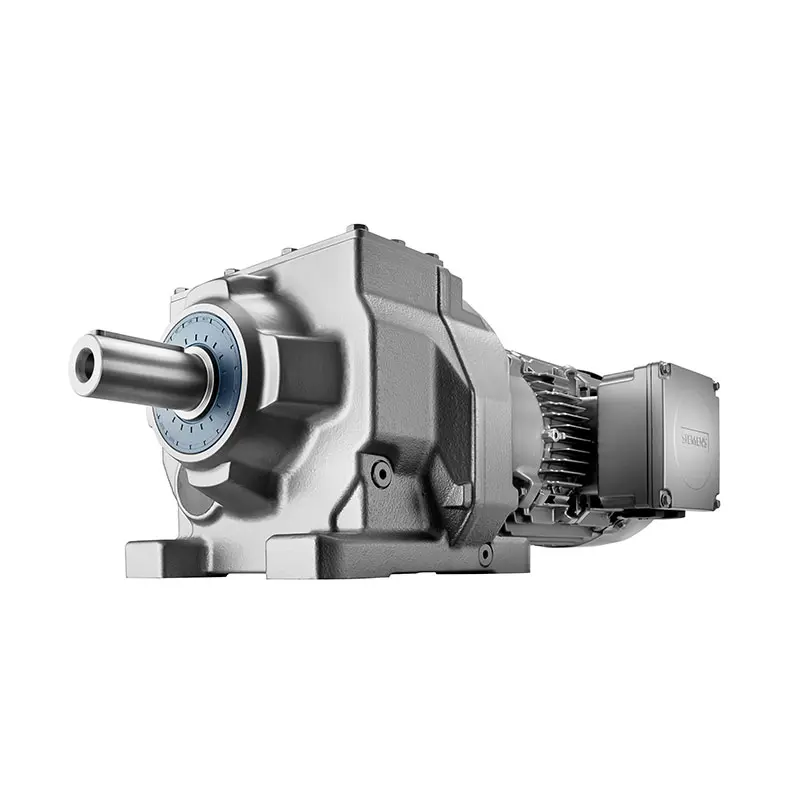 SIEMENS Helical Gearmotor Low Voltage
SIEMENS Helical Gearmotor Low Voltage 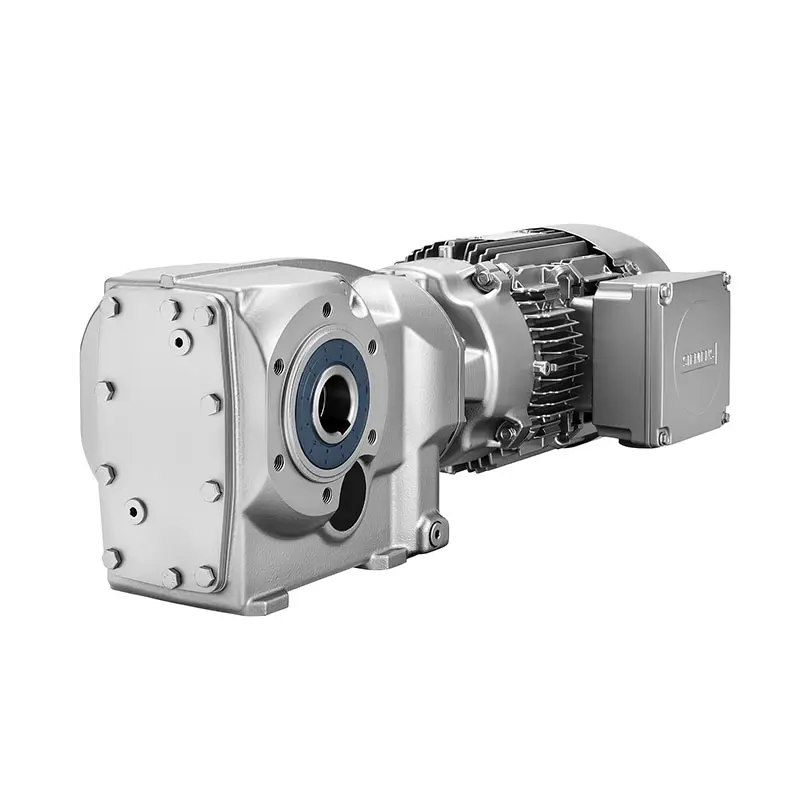 SIEMENS Bevel Helical Gearmotor
SIEMENS Bevel Helical Gearmotor 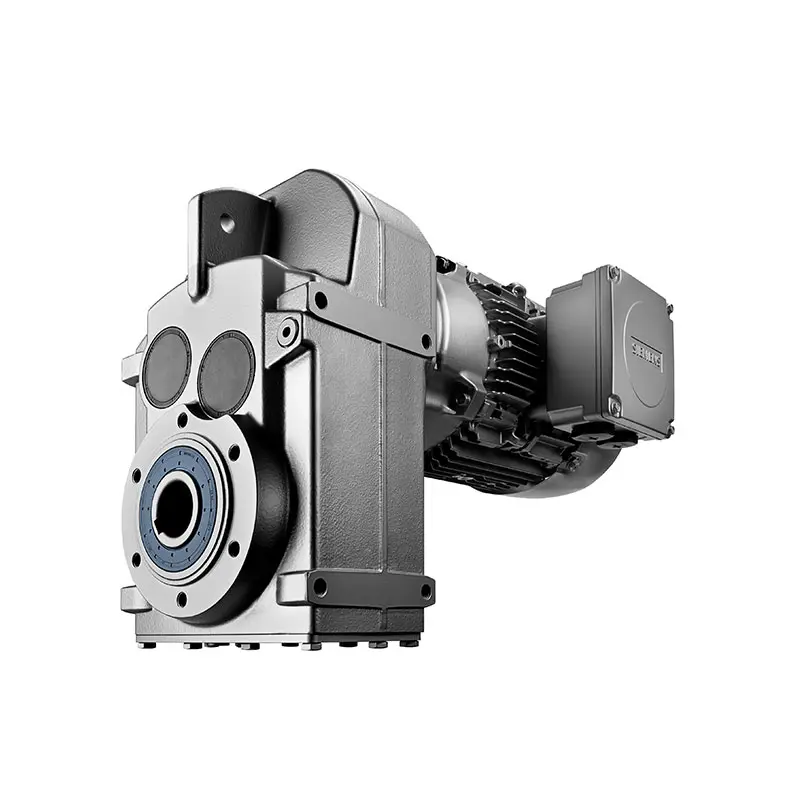 SIEMENS Parallel Shaft Gearmotor
SIEMENS Parallel Shaft Gearmotor 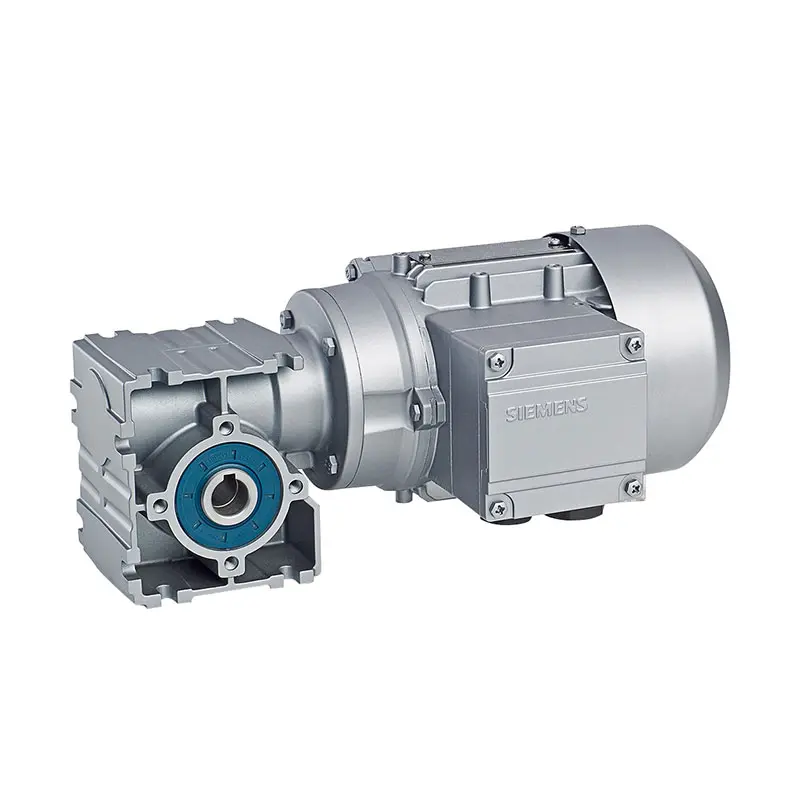 SIEMENS Worm Gearmotor Low Voltage
SIEMENS Worm Gearmotor Low Voltage 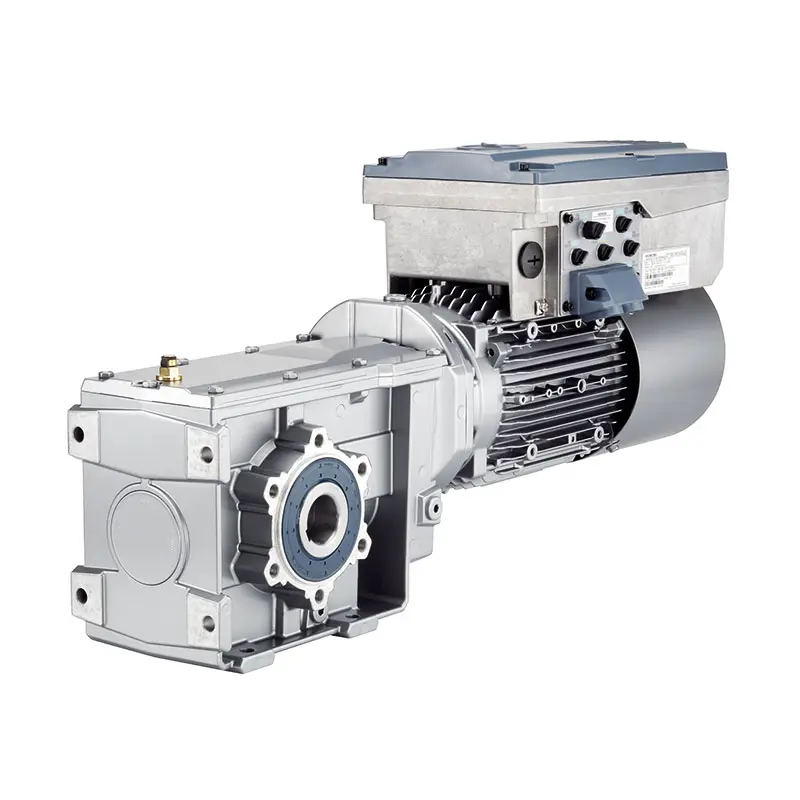 SIEMENS With Servo Motor Gearmotor
SIEMENS With Servo Motor Gearmotor 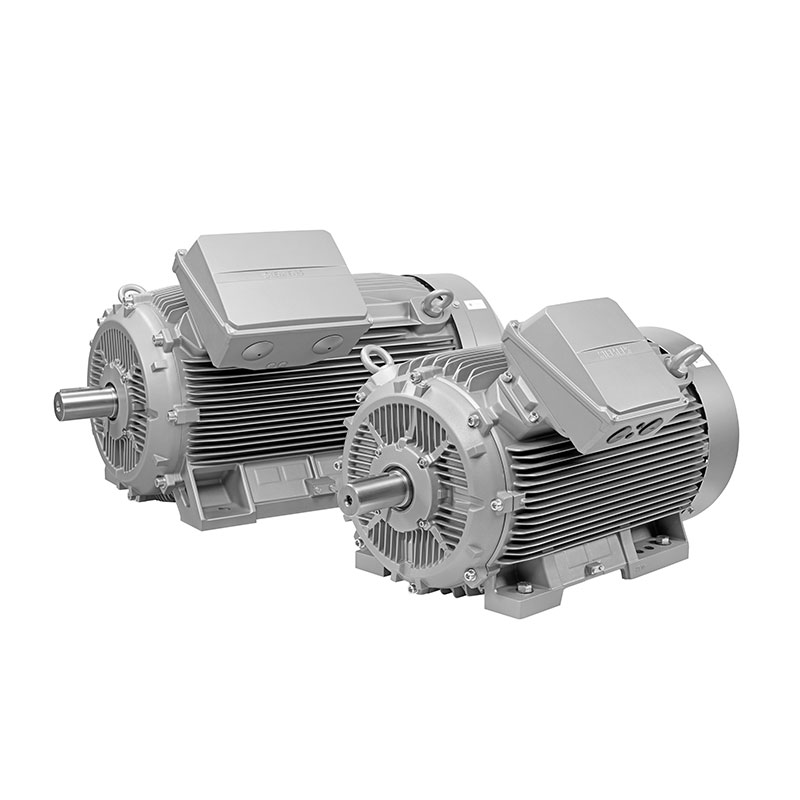 SIEMENS Low Voltage Motor Low Voltage
SIEMENS Low Voltage Motor Low Voltage 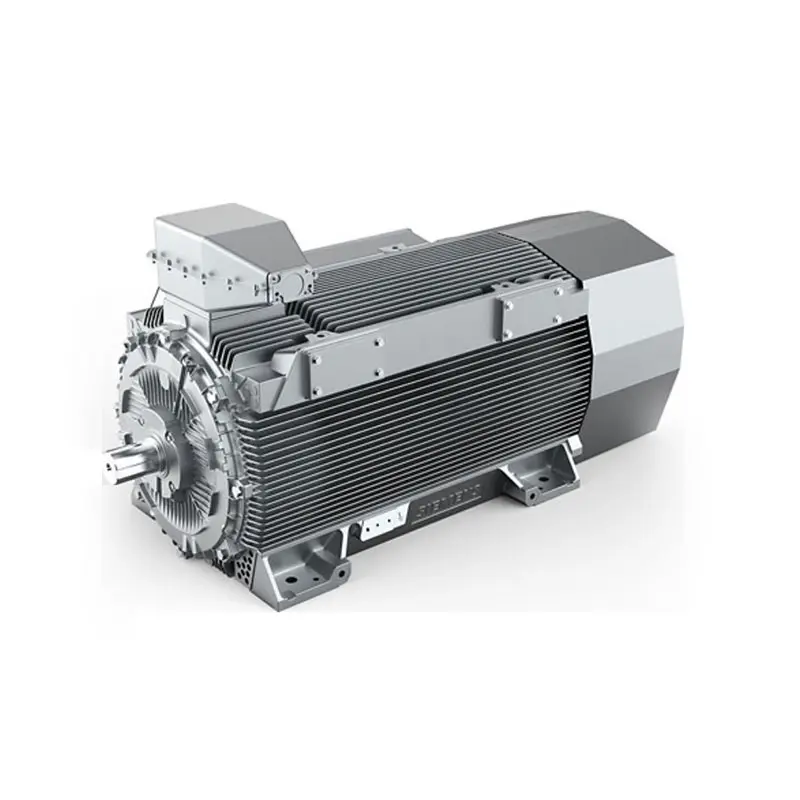 SIEMENS High Voltage Motor Low Voltage
SIEMENS High Voltage Motor Low Voltage 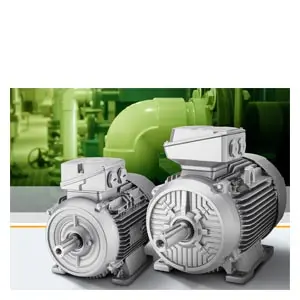 SIEMENS Marine Motor Low Voltage
SIEMENS Marine Motor Low Voltage 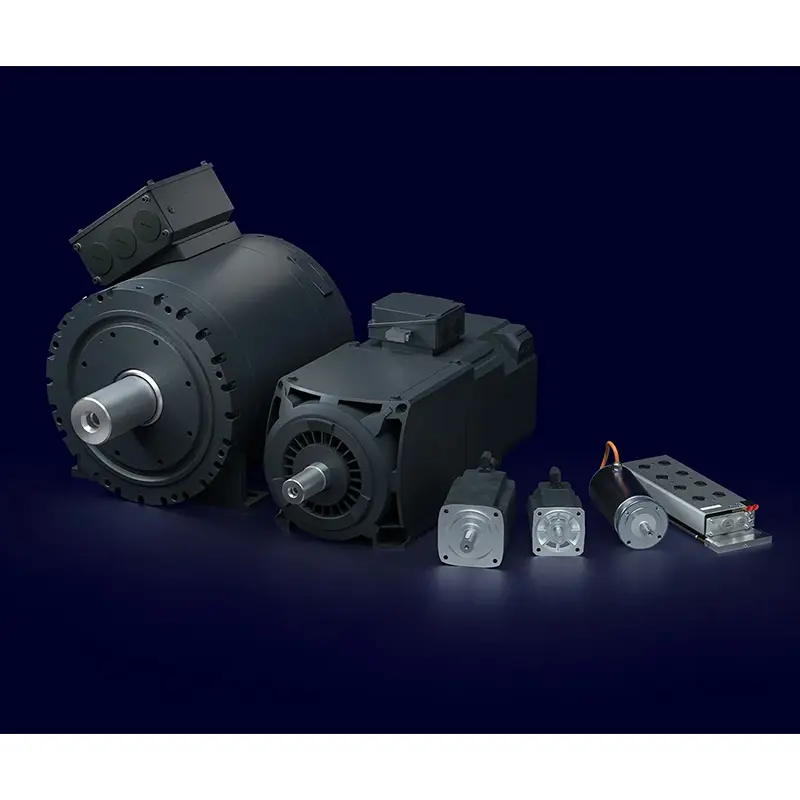 SIEMENS Servo Motor Low Voltage
SIEMENS Servo Motor Low Voltage 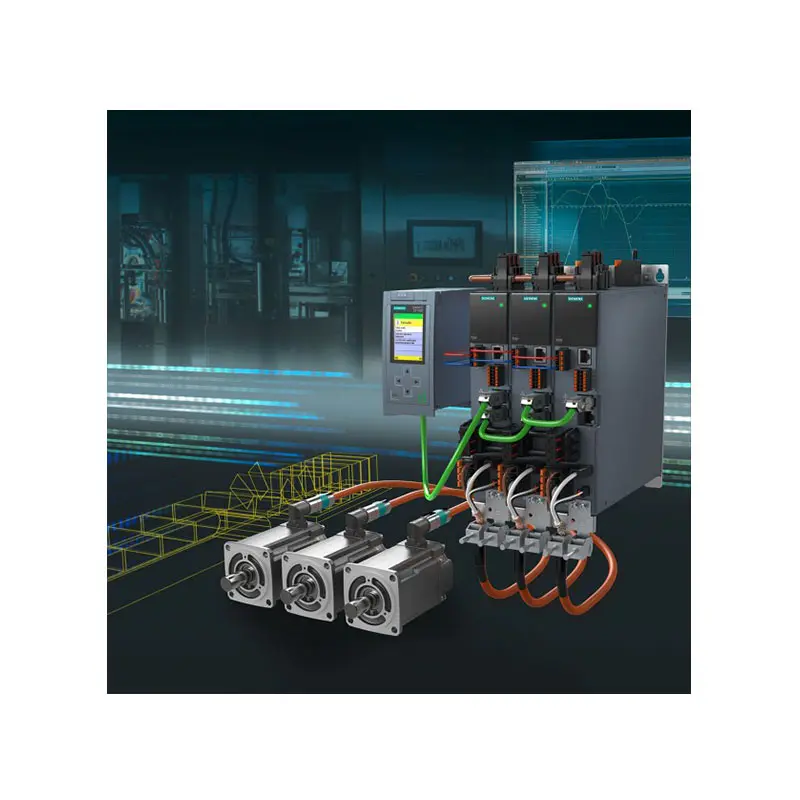 SIEMENS SINAMICS S210 Low Voltage
SIEMENS SINAMICS S210 Low Voltage  SIEMENS SINAMICS S150 Low Voltage
SIEMENS SINAMICS S150 Low Voltage 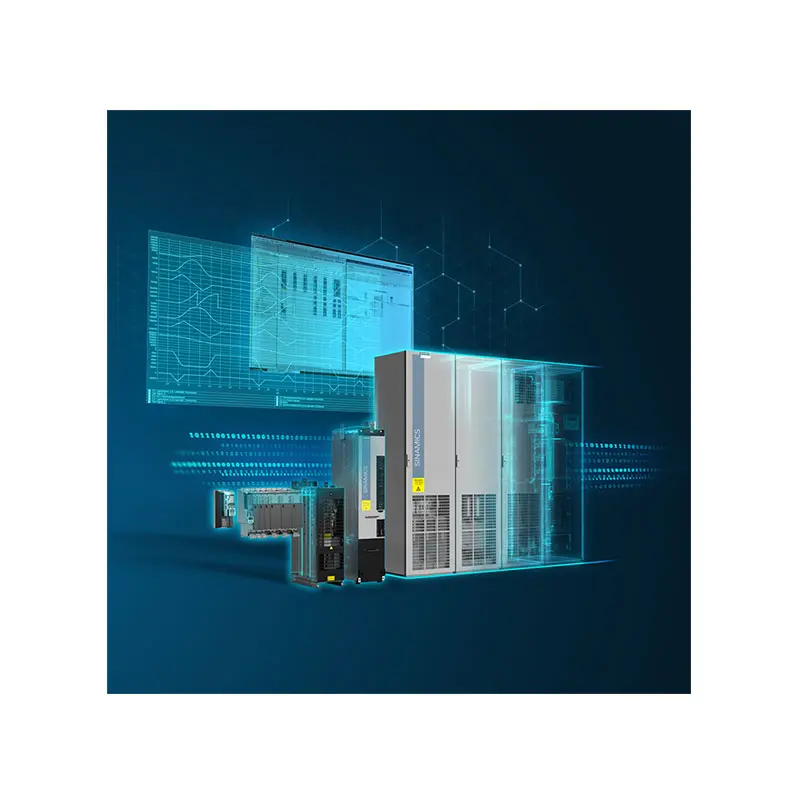 SIEMENS SINAMICS S120 Low Voltage
SIEMENS SINAMICS S120 Low Voltage 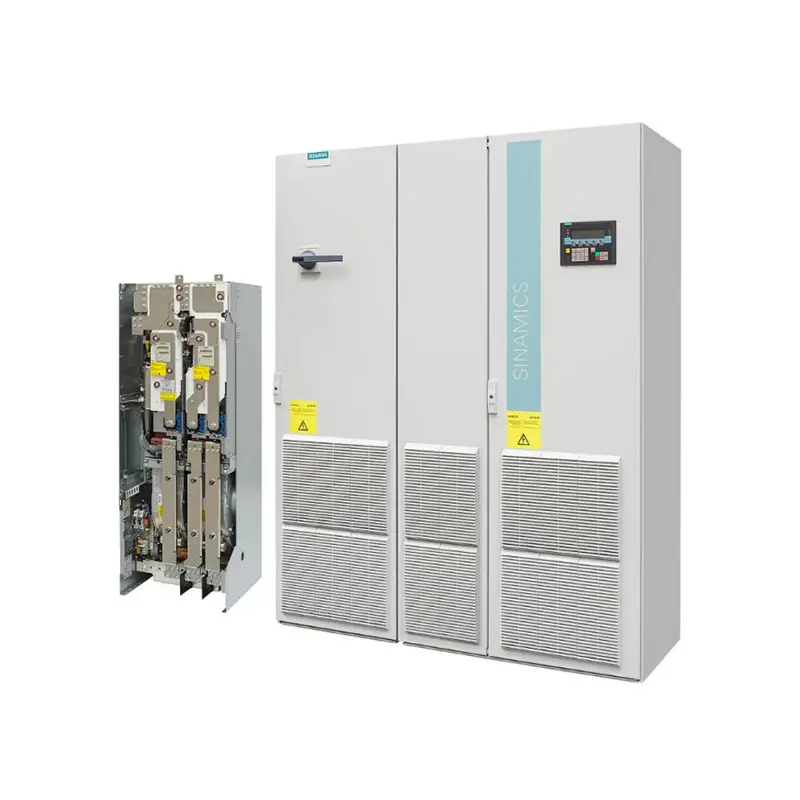 SIEMENS SINAMICS G130/G150
SIEMENS SINAMICS G130/G150 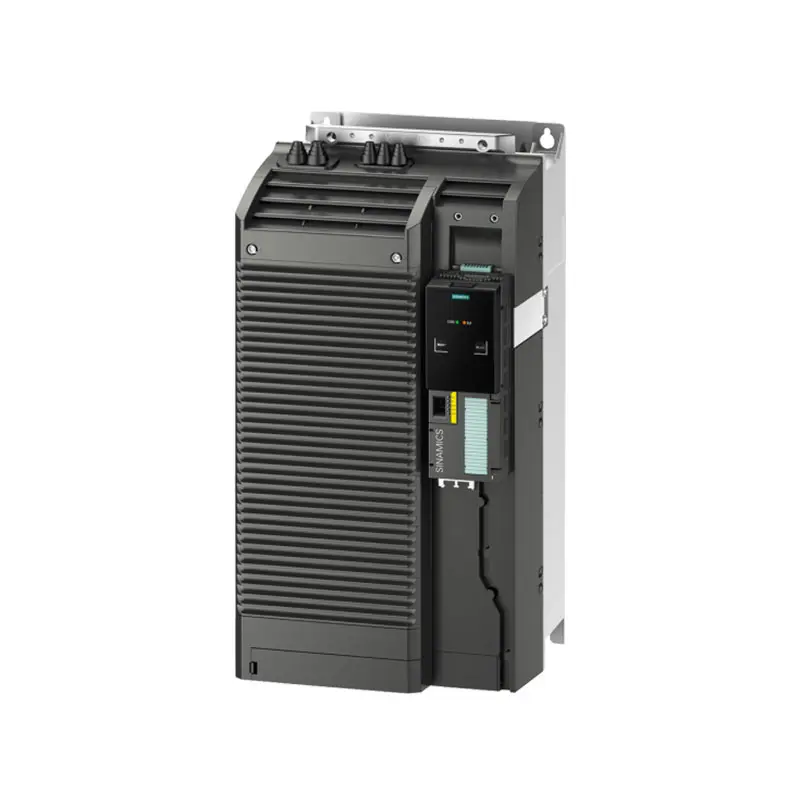 SIEMENS SINAMICS G120 Low Voltage
SIEMENS SINAMICS G120 Low Voltage  SIEMENS SINAMICS G120C Low Voltage
SIEMENS SINAMICS G120C Low Voltage 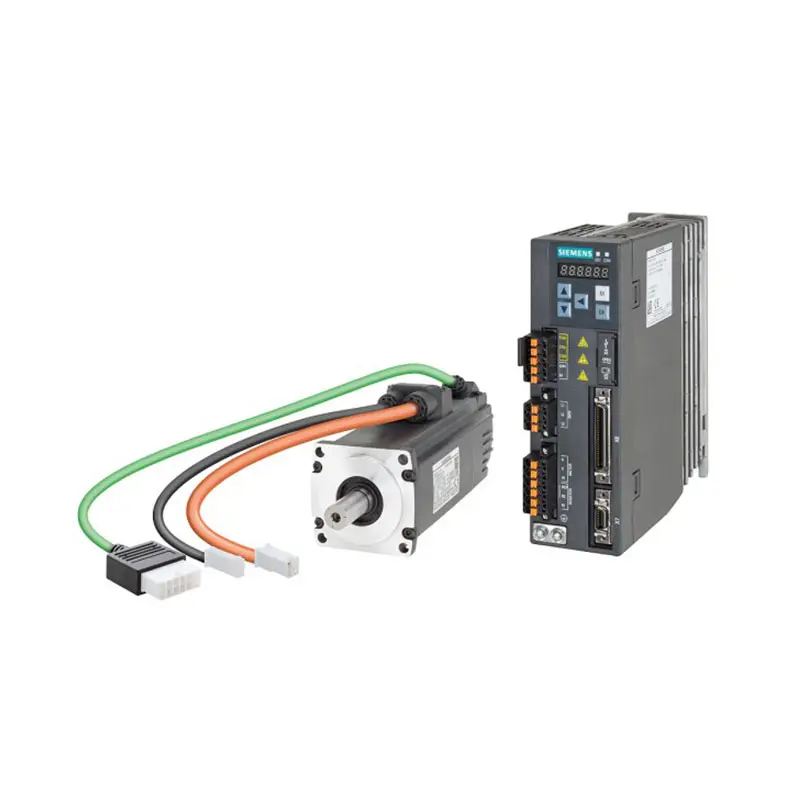 SIEMENS SINAMICS V90
SIEMENS SINAMICS V90 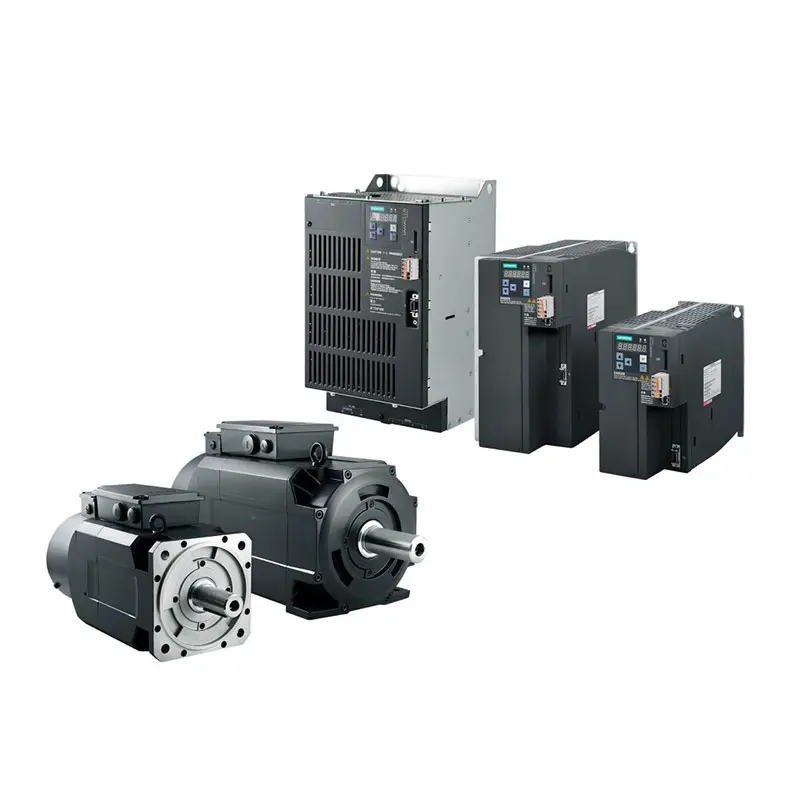 SIEMENS SINAMICS V70 Low Voltage
SIEMENS SINAMICS V70 Low Voltage 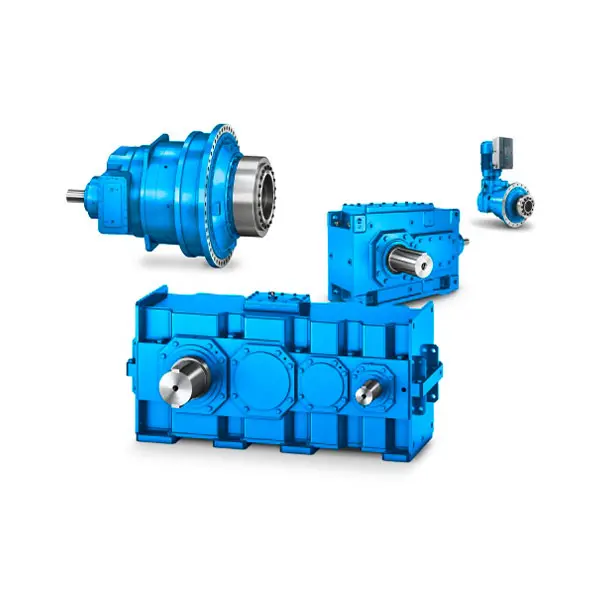 FLENDER Gear Unit
FLENDER Gear Unit 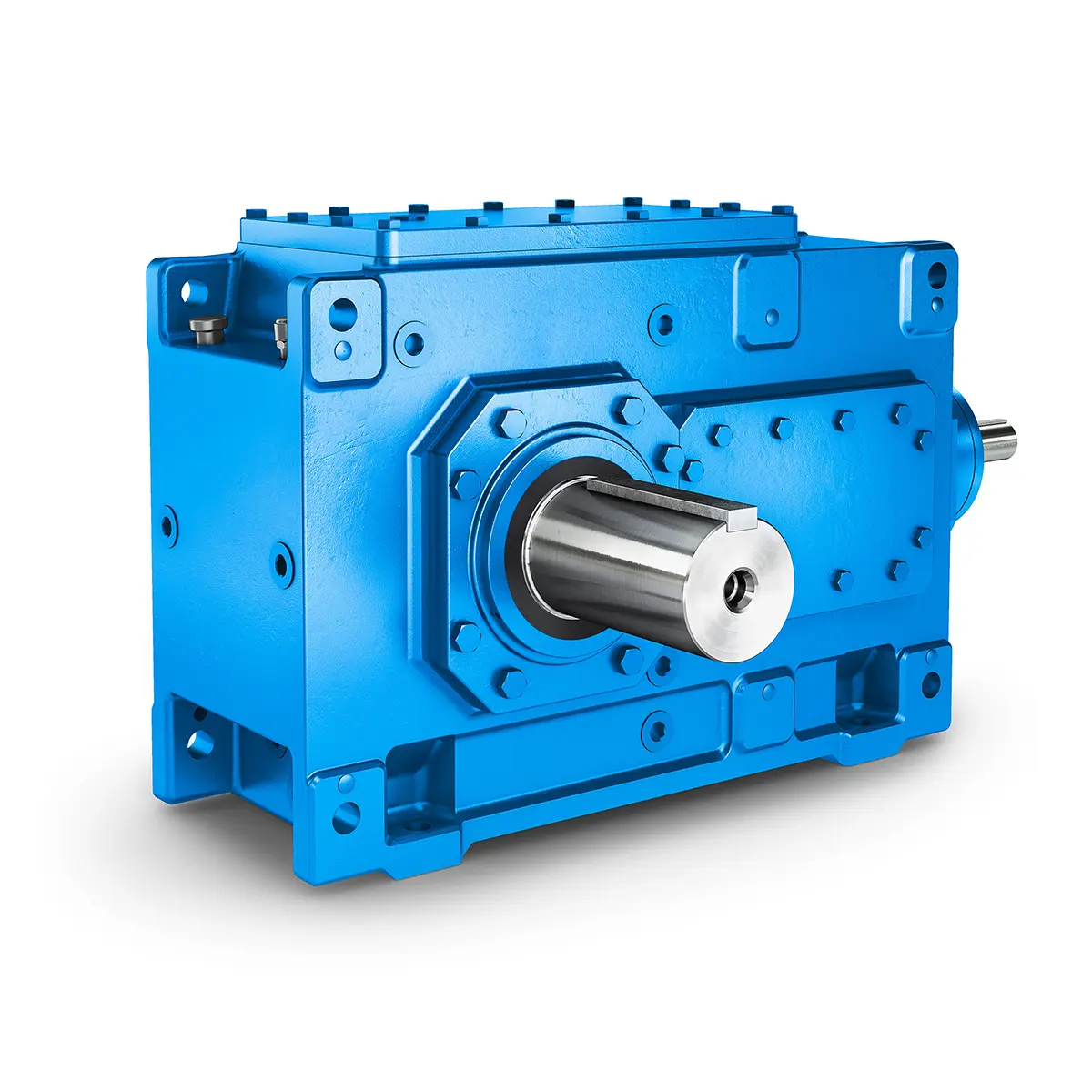 FLENDER Helical Gear Unit
FLENDER Helical Gear Unit 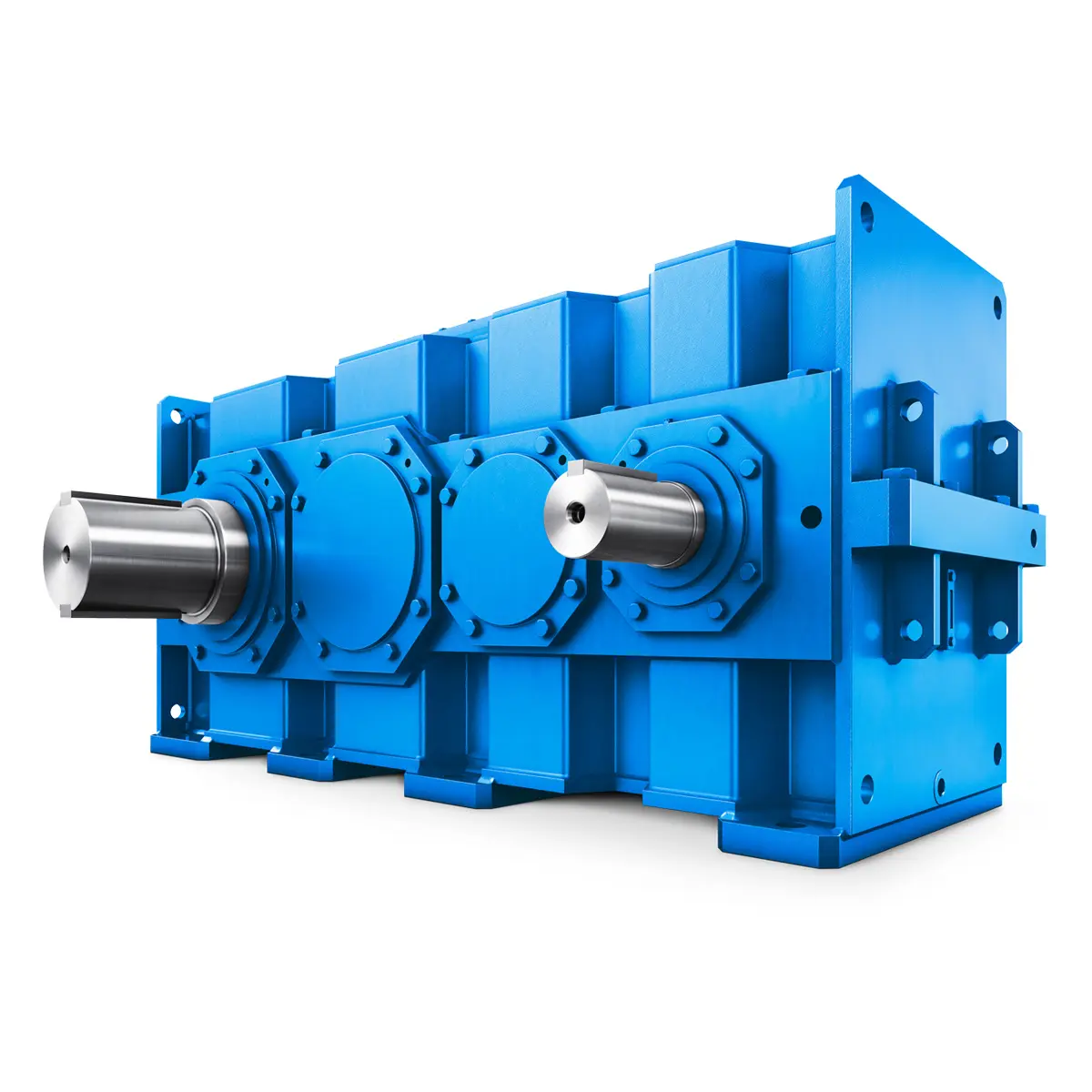 Flender gear units for lifting and luffing gears
Flender gear units for lifting and luffing gears 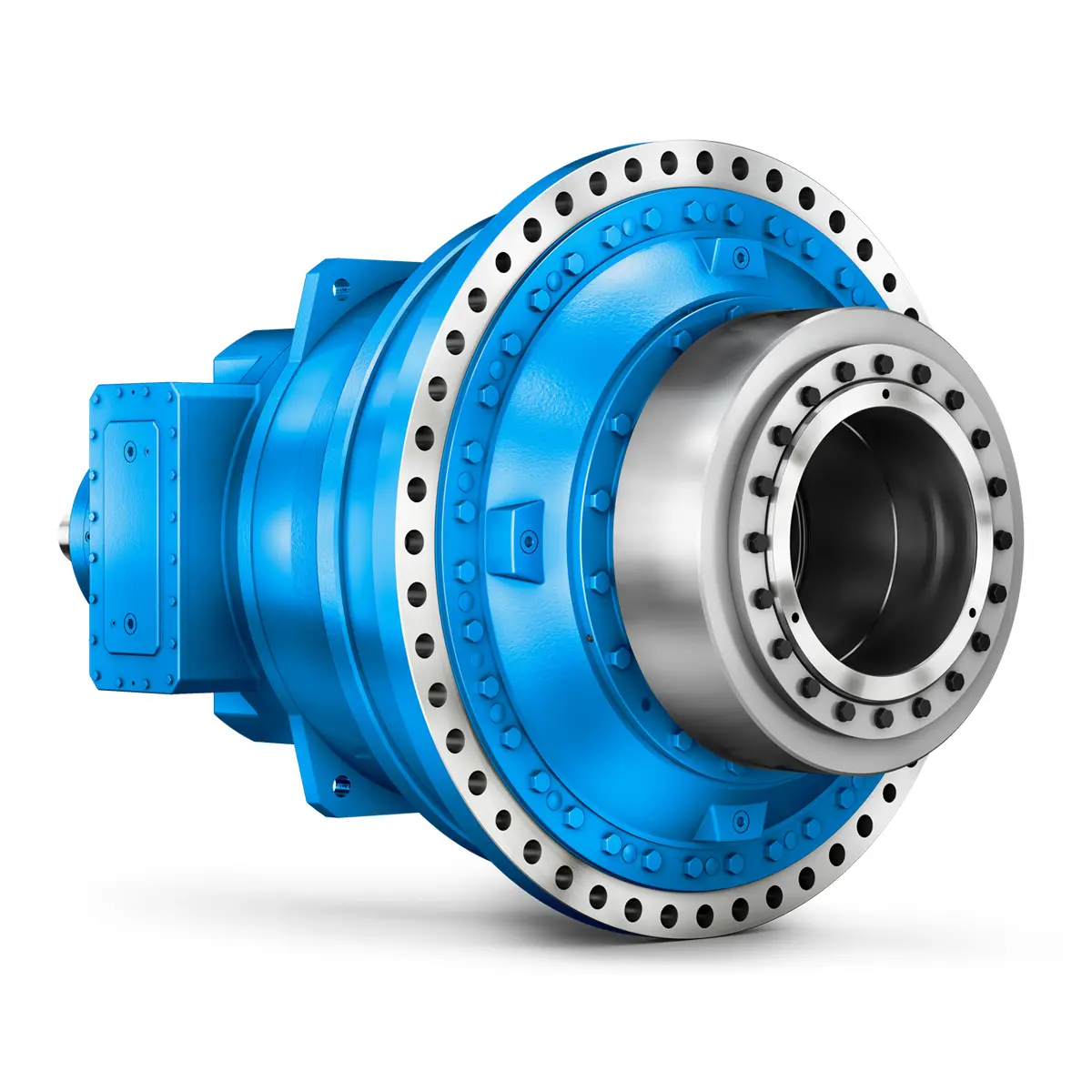 FLENDER Gear Unit gearunit gearbox
FLENDER Gear Unit gearunit gearbox 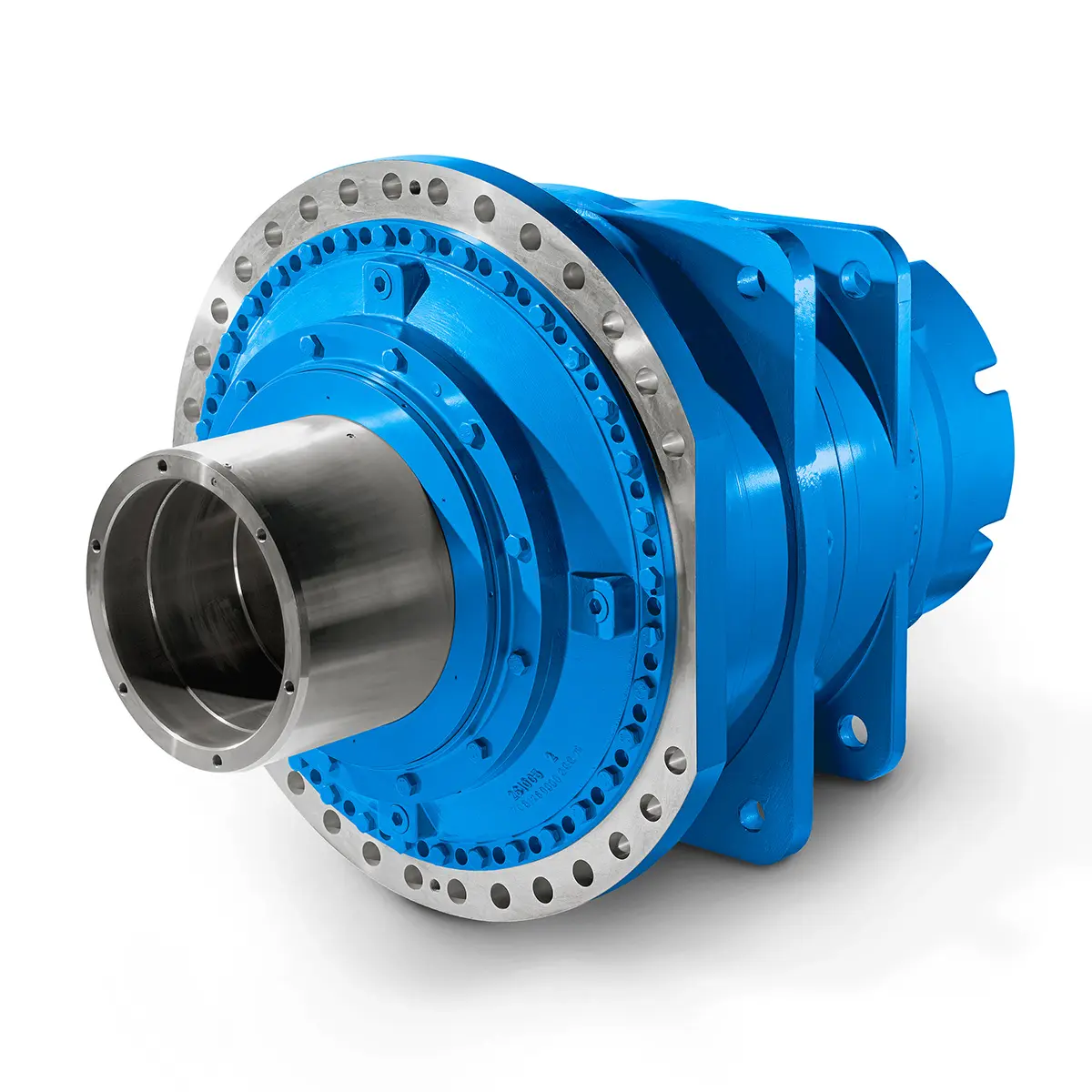 Optimal Drive Solution For Maximum Performance
Optimal Drive Solution For Maximum Performance 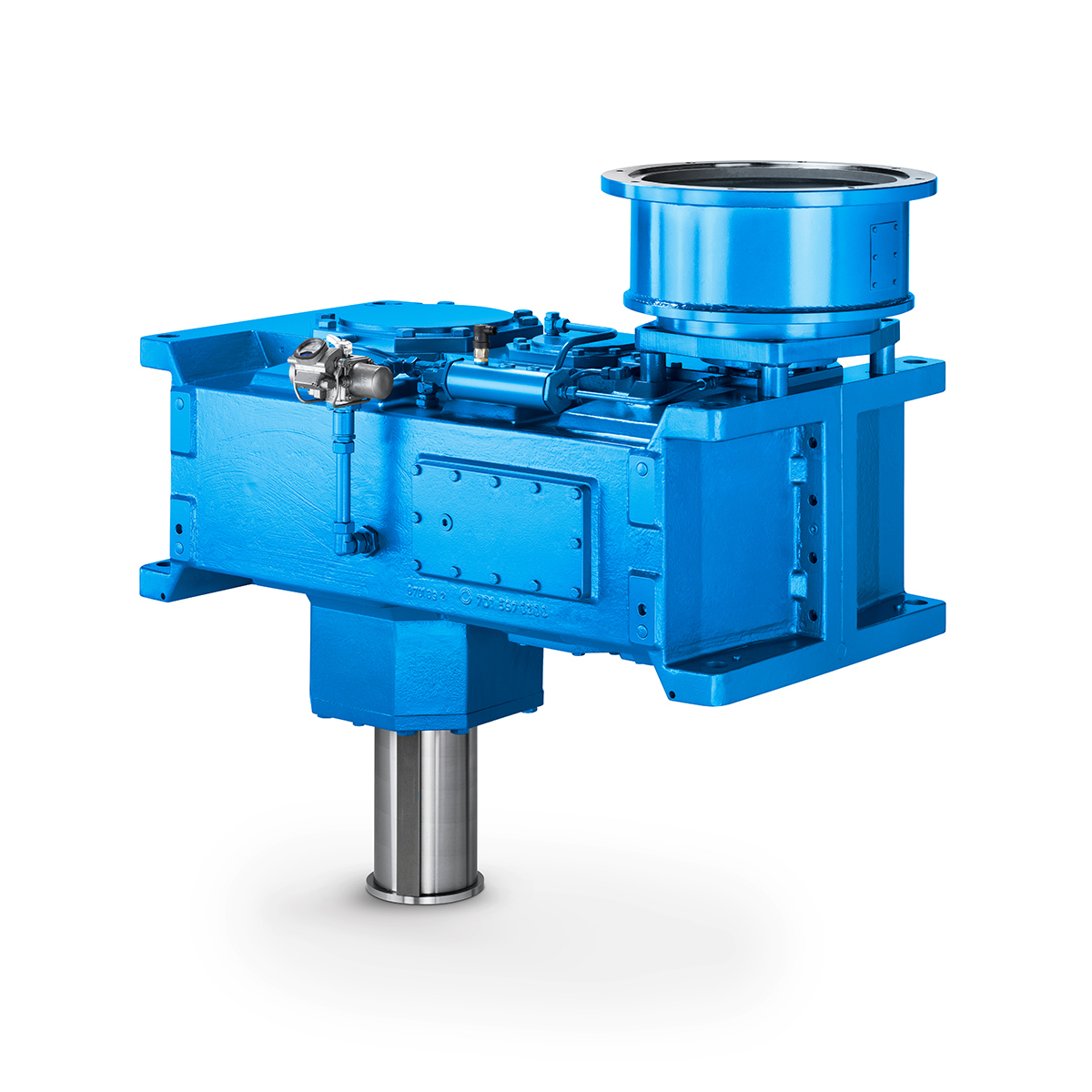 Strongly operating against biodegradable constituents
Strongly operating against biodegradable constituents 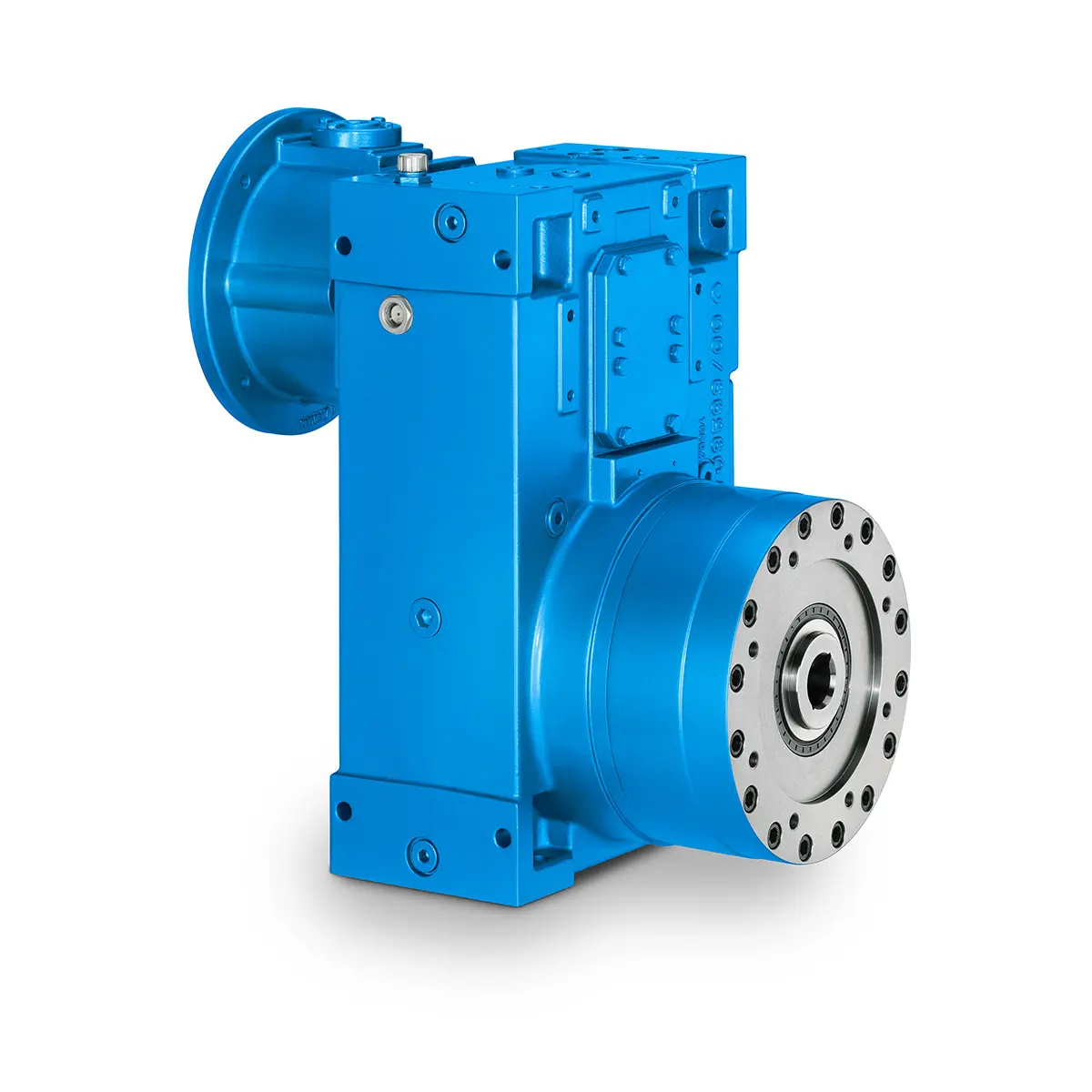 SINGLE SCREW Special industry dedicated gearunit gearbox
SINGLE SCREW Special industry dedicated gearunit gearbox 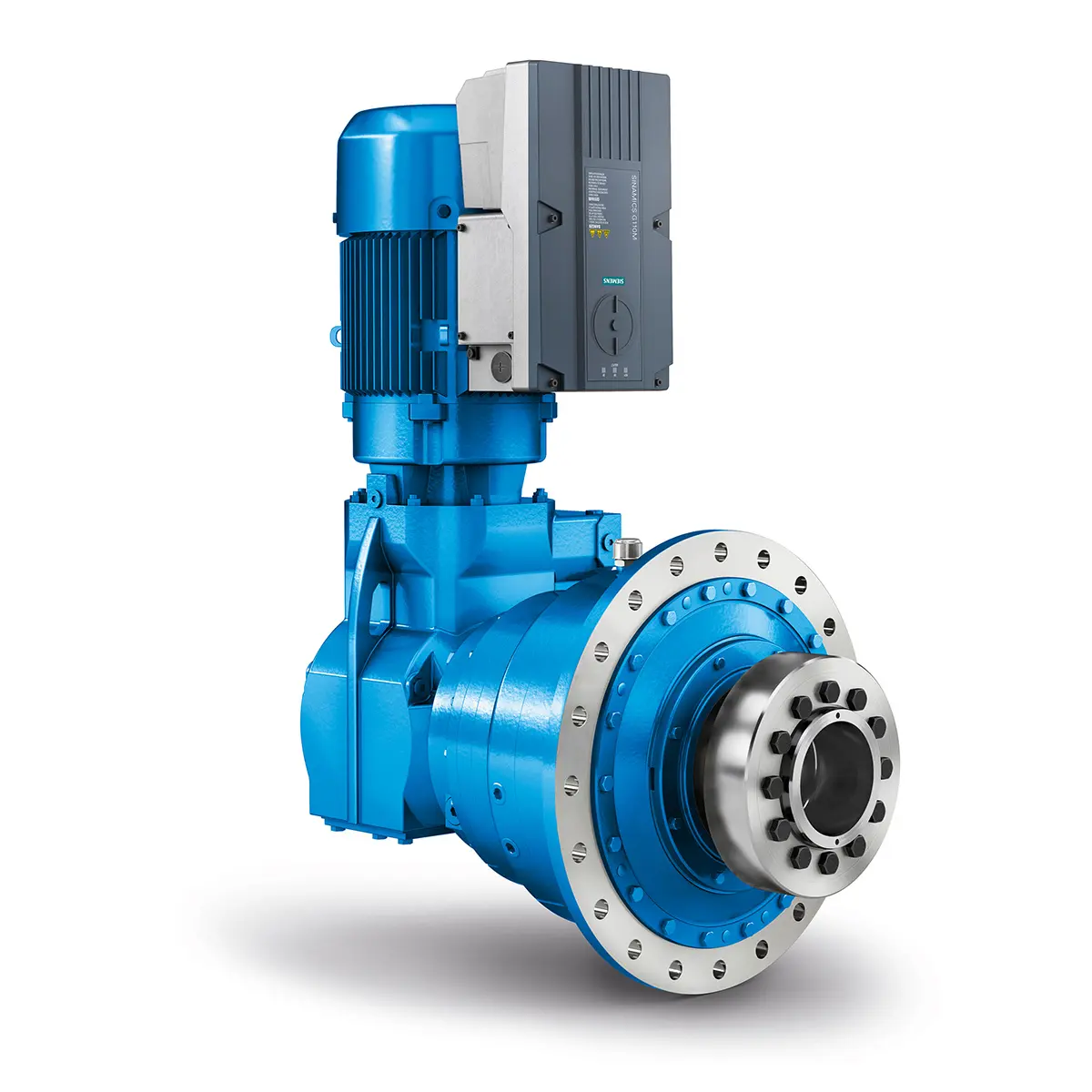 Playmaker In The Premium League
Playmaker In The Premium League 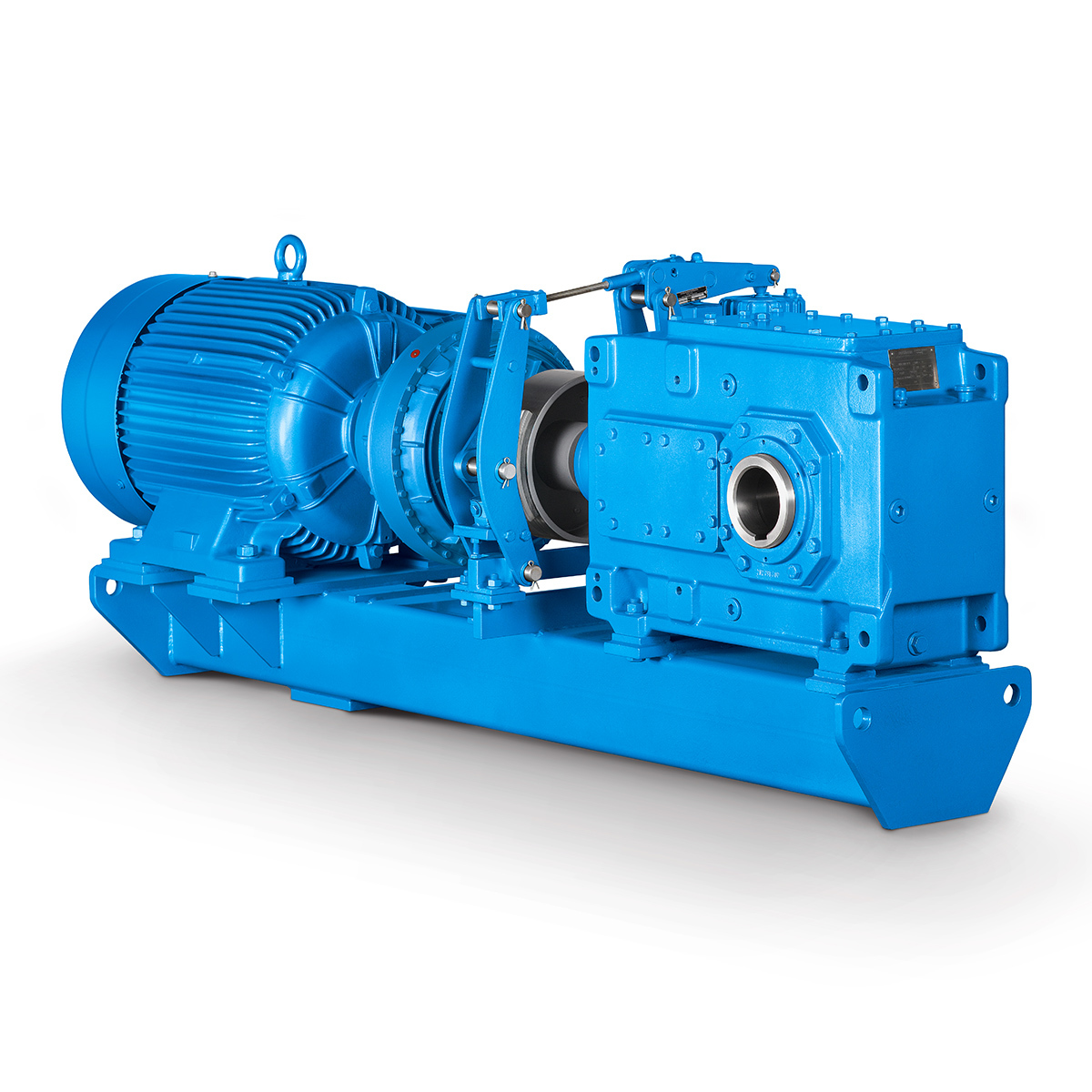 Conveyor belts gearunit gearbox
Conveyor belts gearunit gearbox 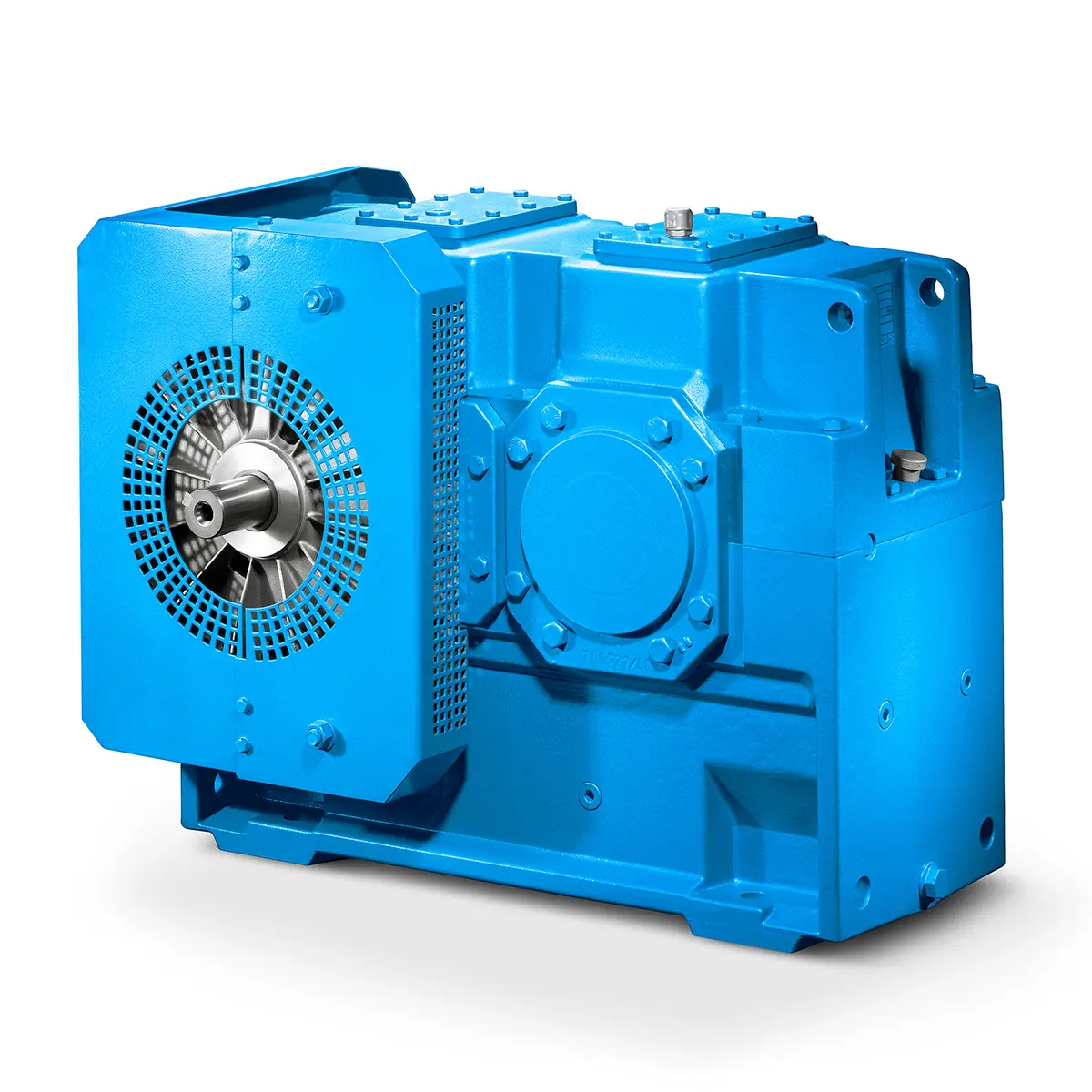 Paper And Pulp Preparation Sections
Paper And Pulp Preparation Sections 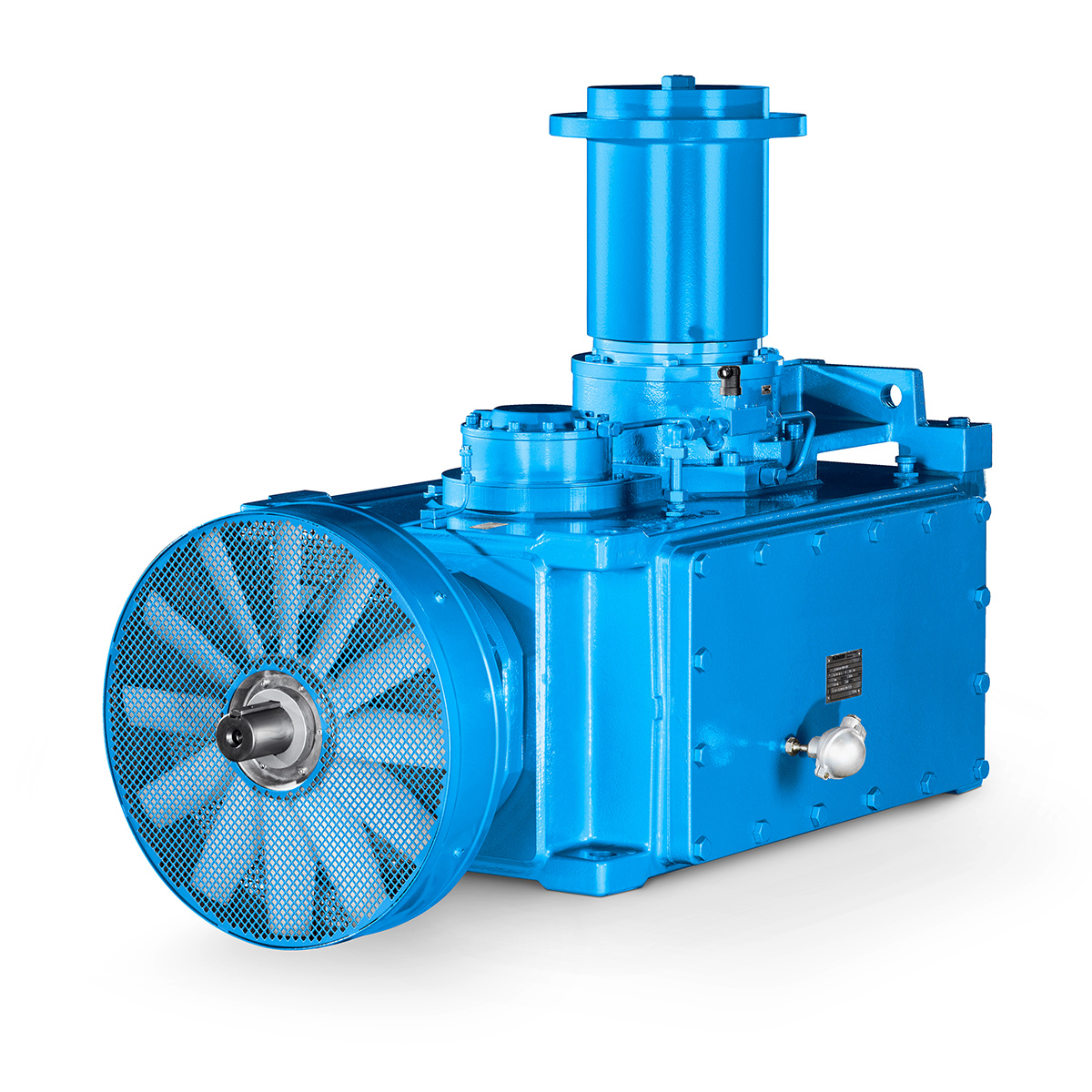 Operational Reliability Even In Case Of The Highest Ventilation Forces
Operational Reliability Even In Case Of The Highest Ventilation Forces 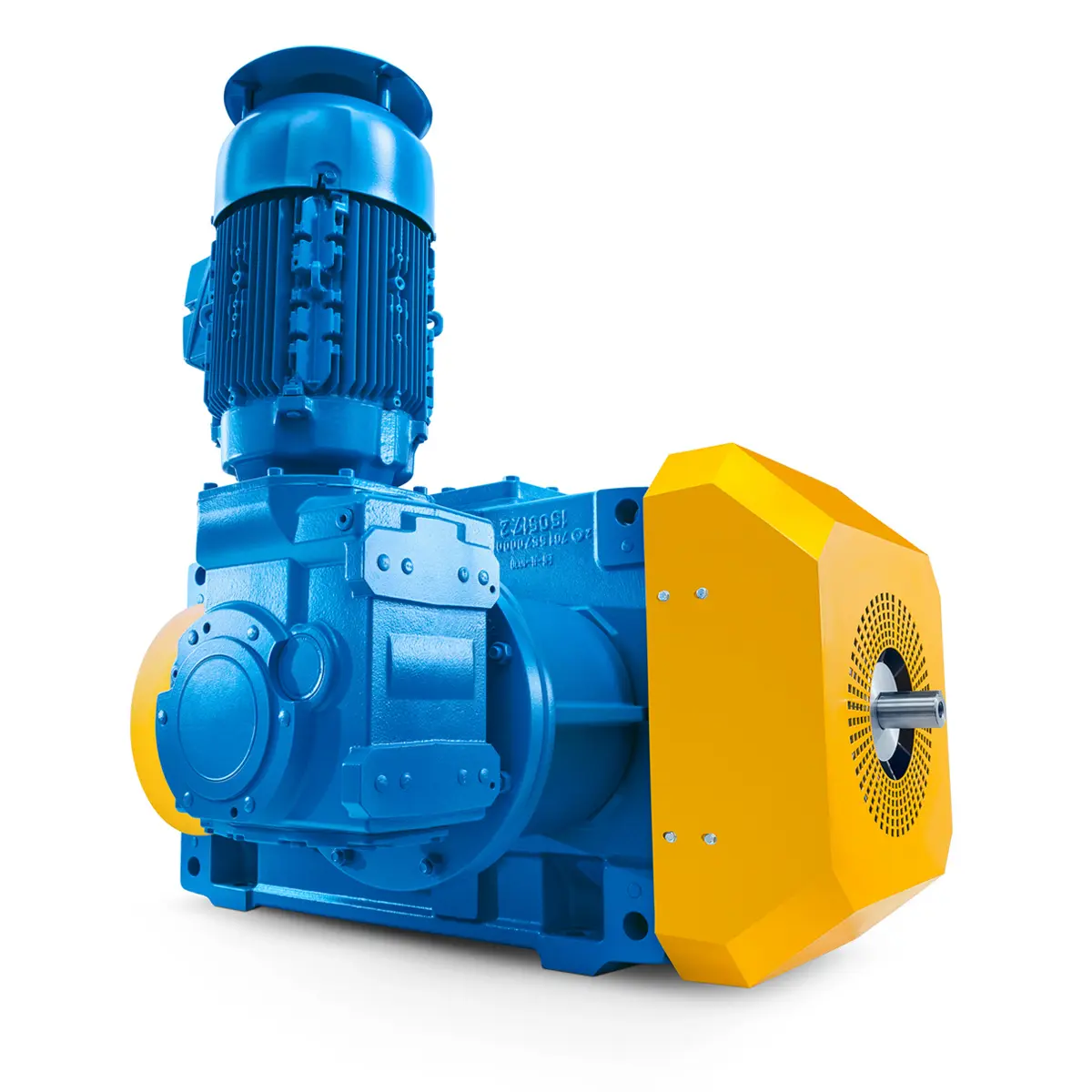 Reliable Gear Units For High Performance Vertical Conveyors 59/200
Reliable Gear Units For High Performance Vertical Conveyors 59/200 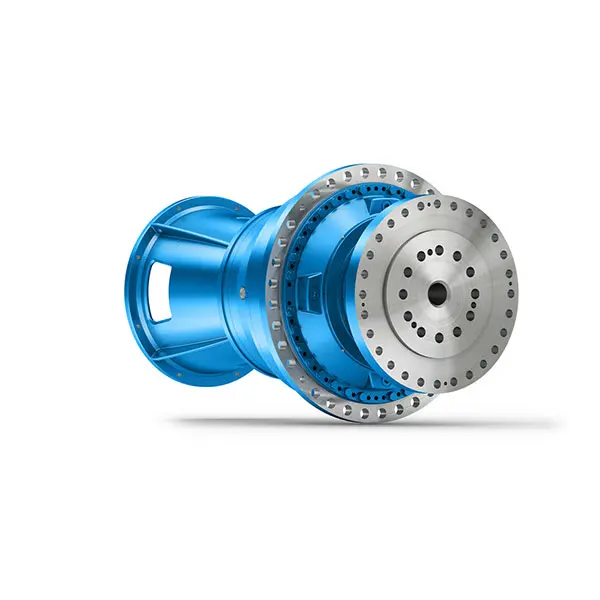 Maximum power density – PLANUREX 3 L individual drives for your sugar cane mill
Maximum power density – PLANUREX 3 L individual drives for your sugar cane mill 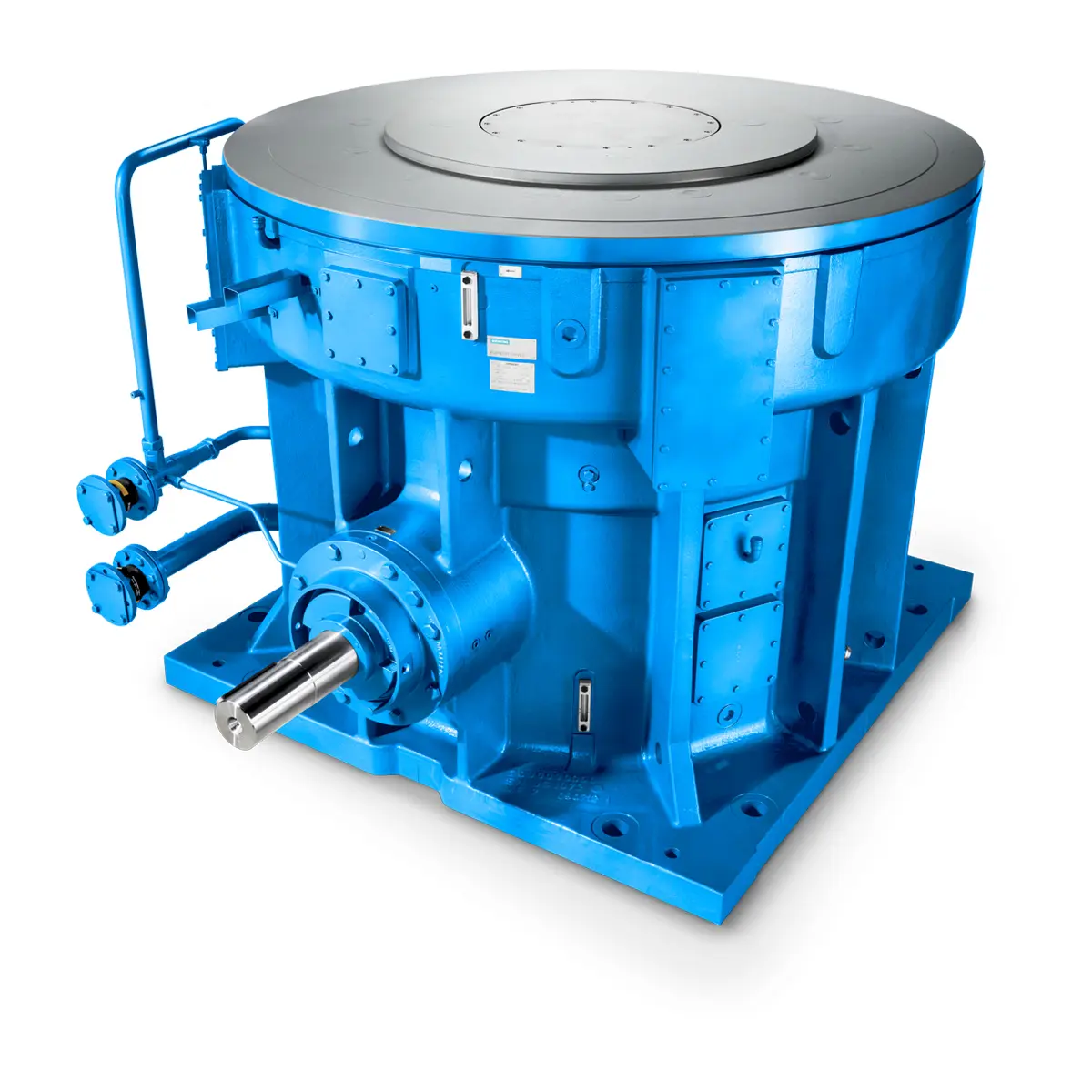 The proven all rounder gearunit gearbox
The proven all rounder gearunit gearbox 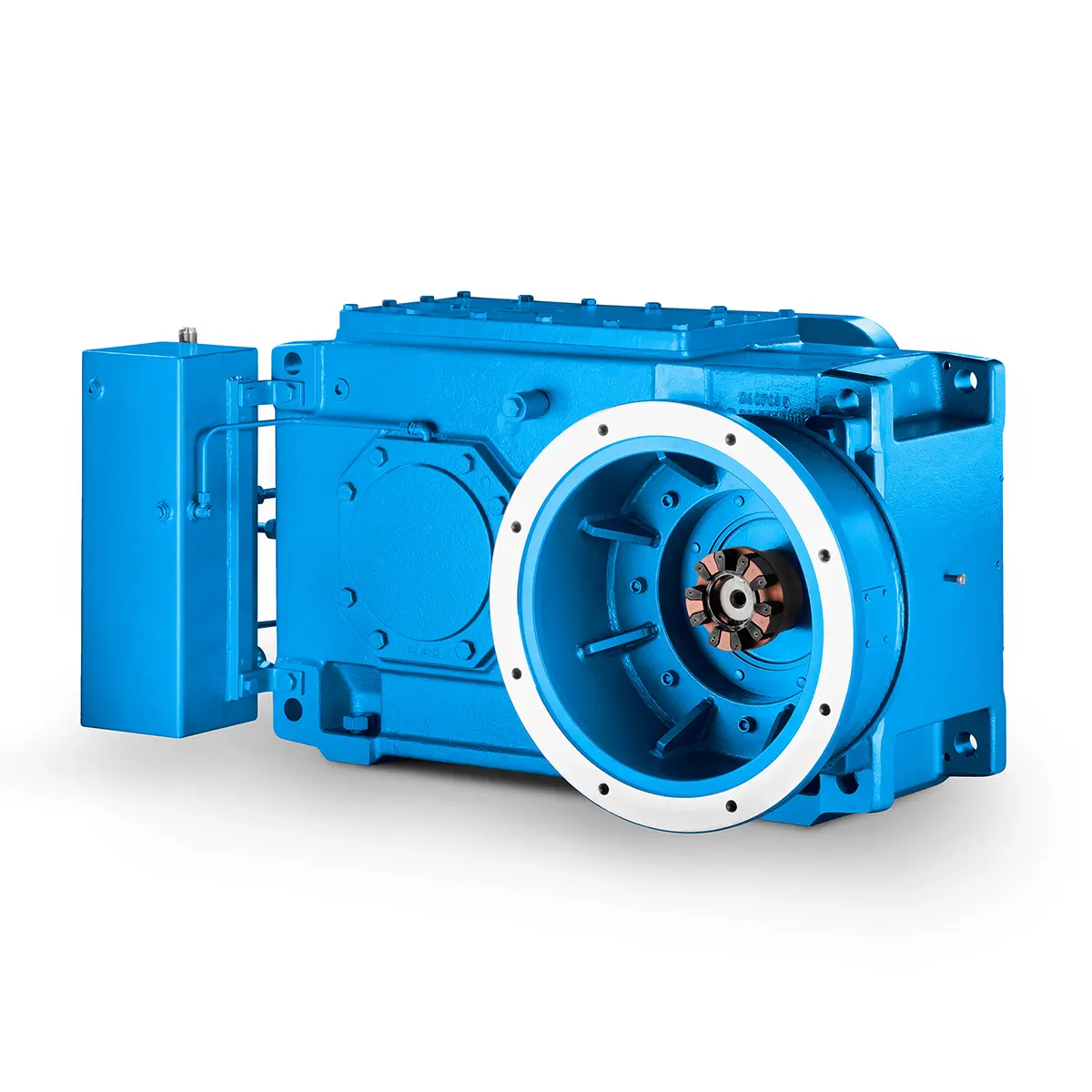 Stirs and stirs and stirs gearunit gearbox
Stirs and stirs and stirs gearunit gearbox 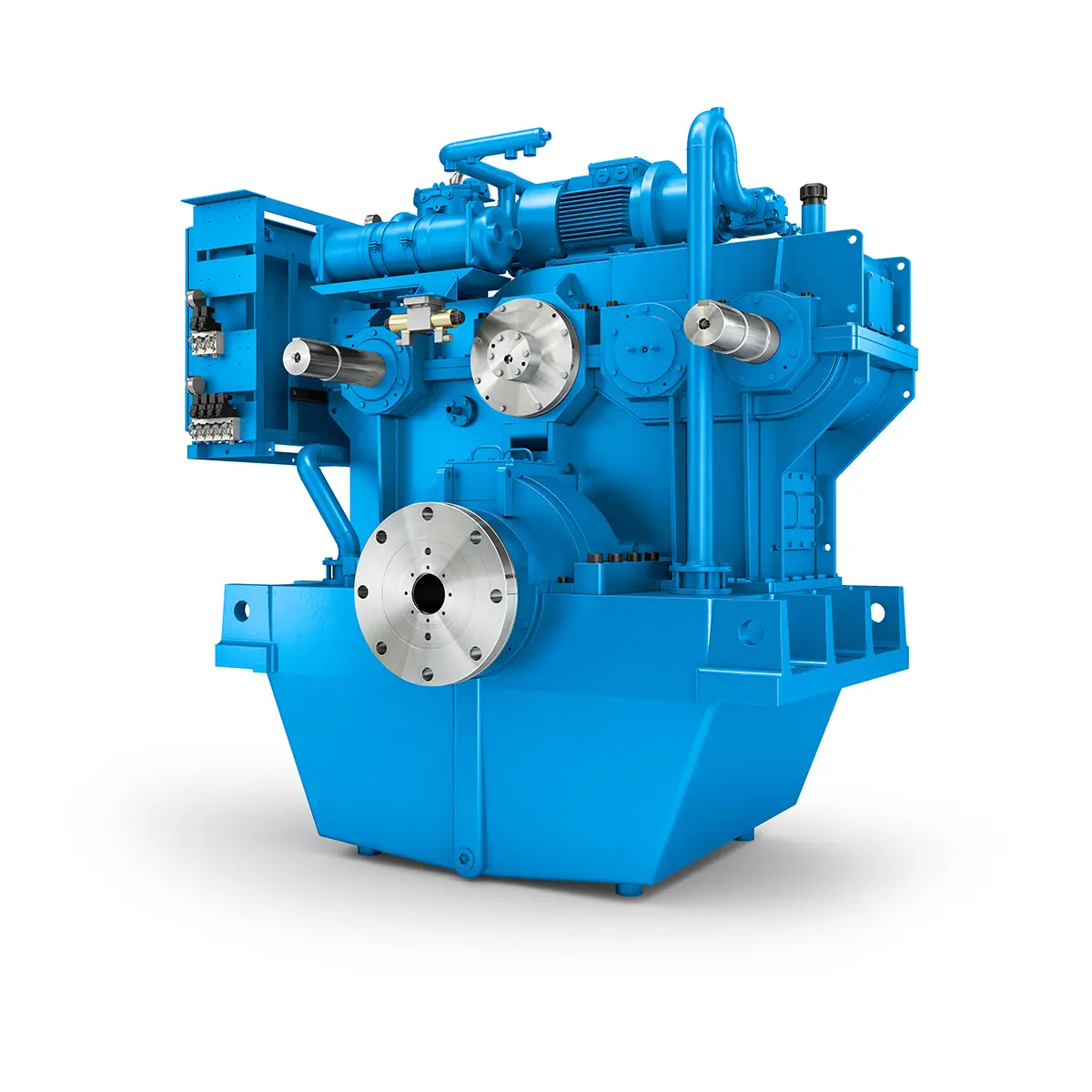 Flexibility on Board gearunit gearbox
Flexibility on Board gearunit gearbox 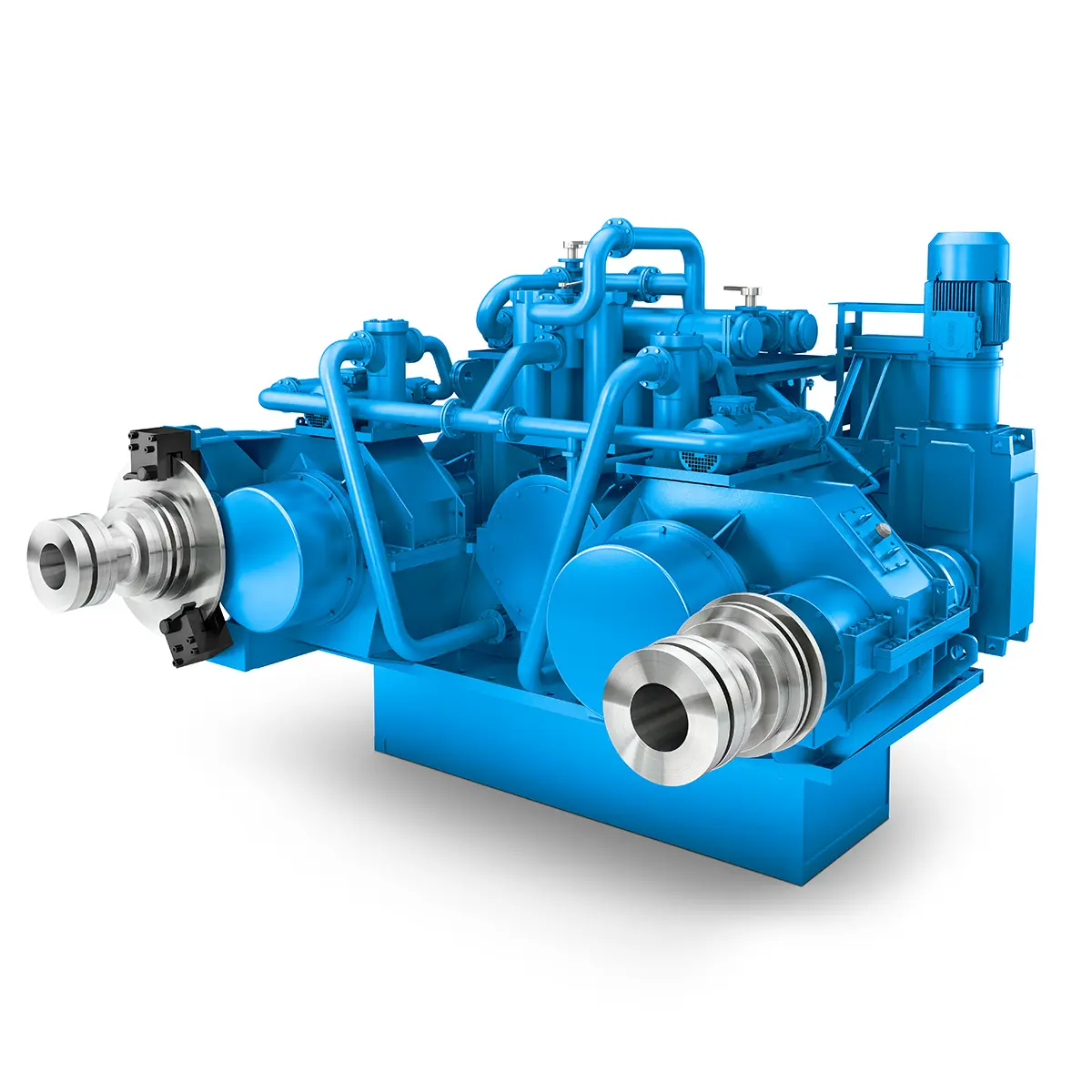 The right gearbox for all Multi-Engine Ships
The right gearbox for all Multi-Engine Ships 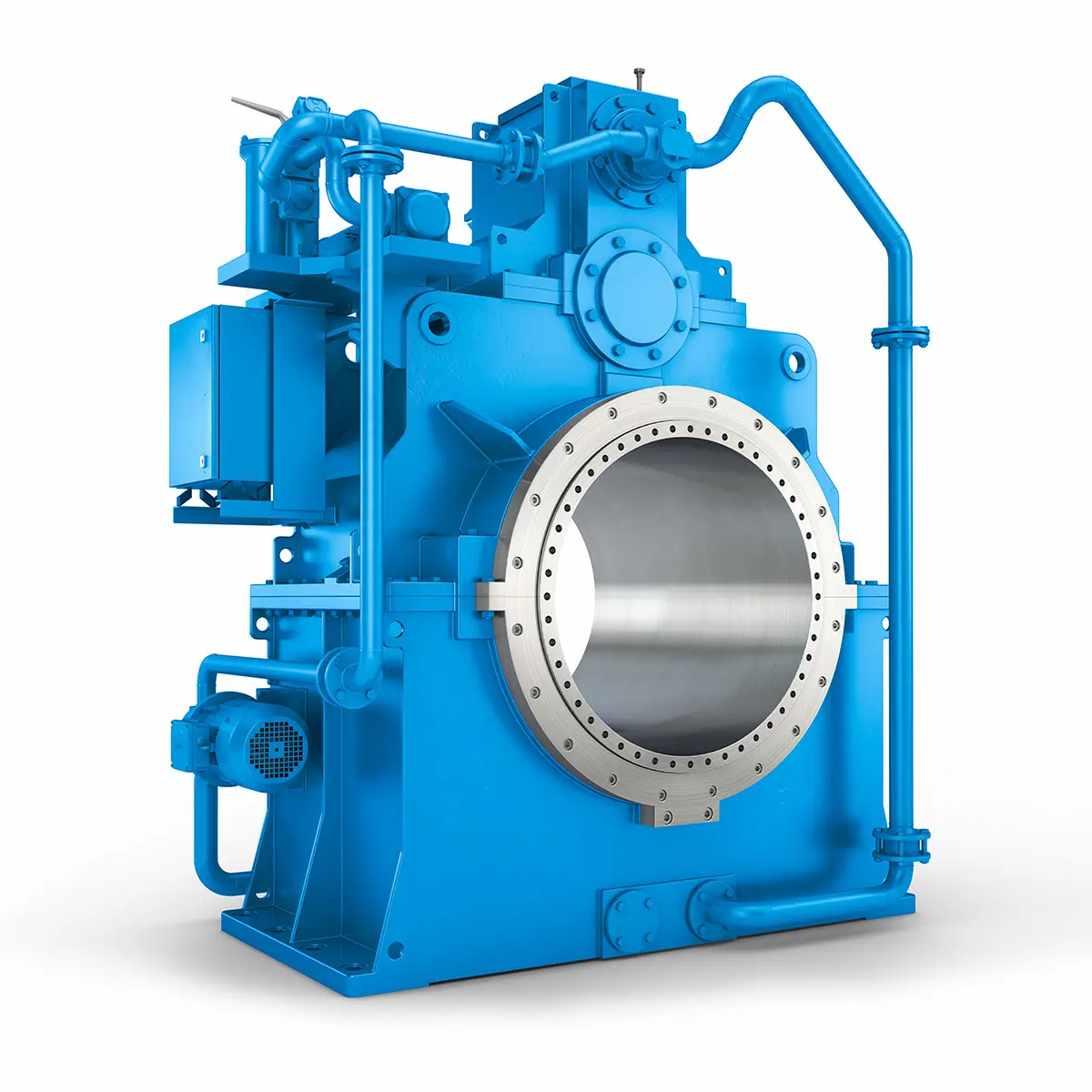 Reliable Power Generation on board
Reliable Power Generation on board 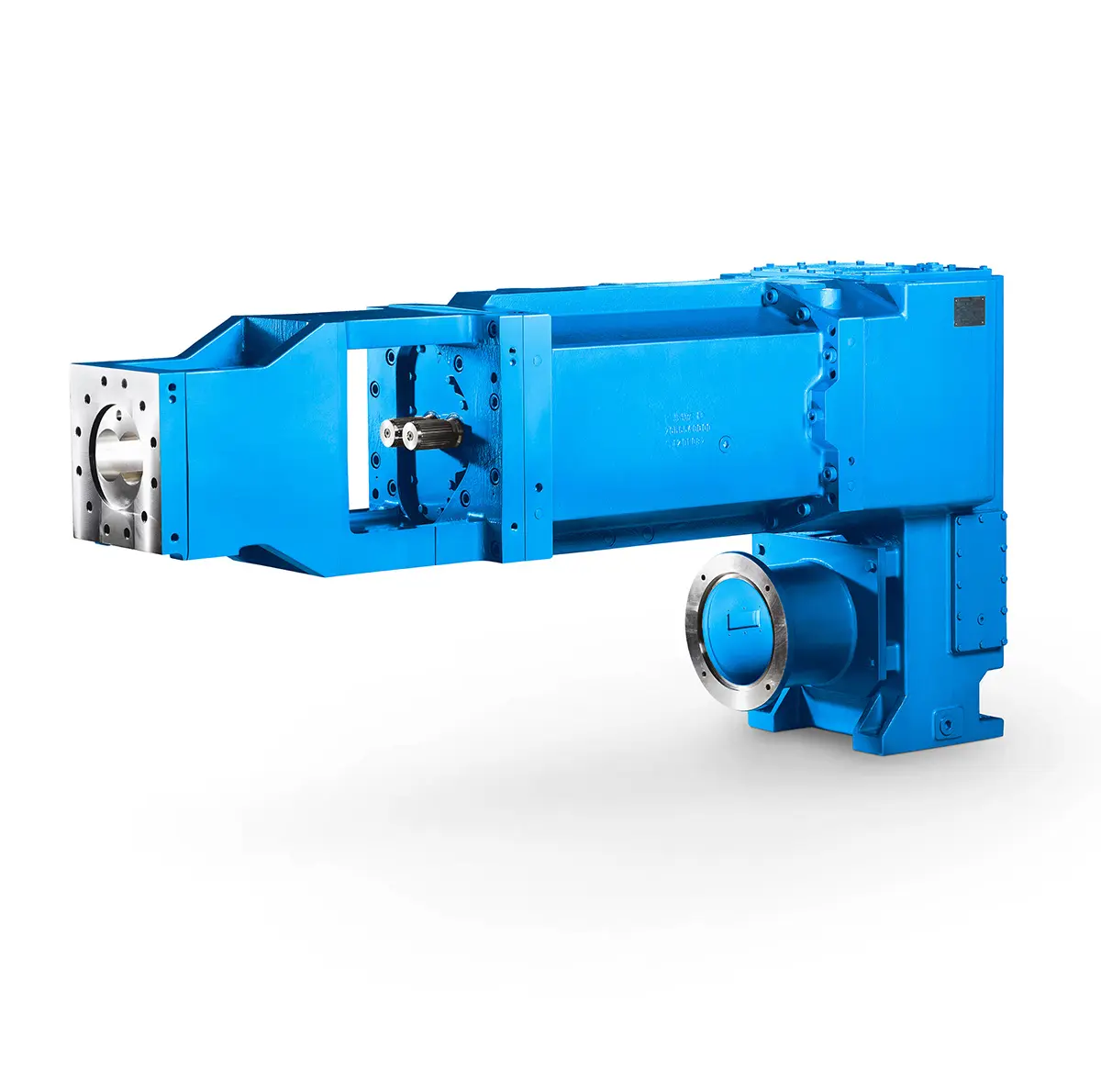 Maximum performance level, fast deliverable
Maximum performance level, fast deliverable 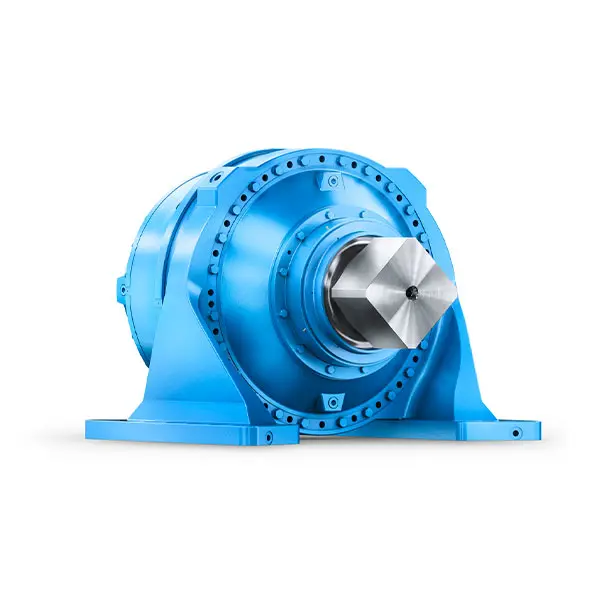 Efficient and compact – FLENDER Gear Units for Sugar Mills
Efficient and compact – FLENDER Gear Units for Sugar Mills 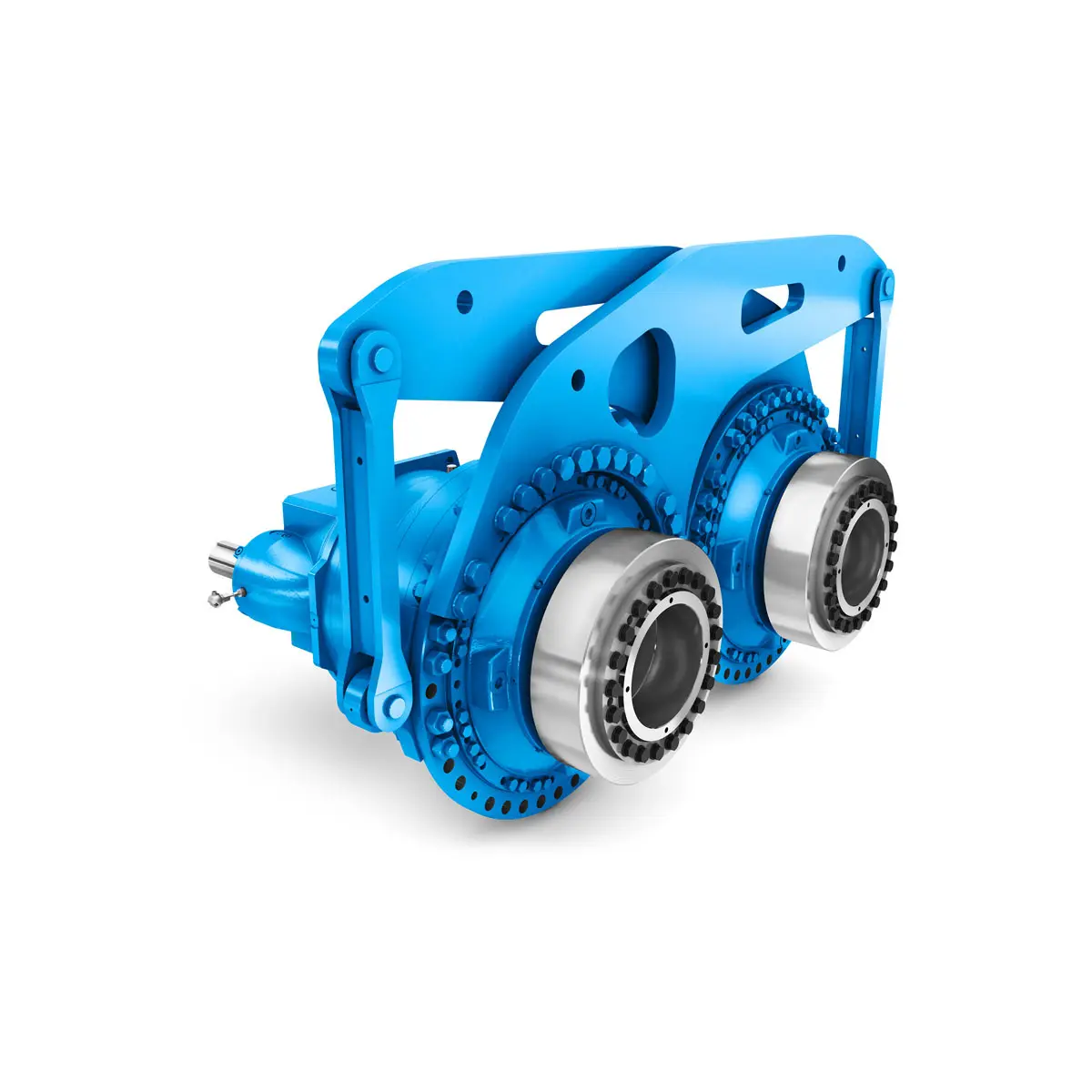 Extremely strong. Extremely compact. Extremely stressable.
Extremely strong. Extremely compact. Extremely stressable. 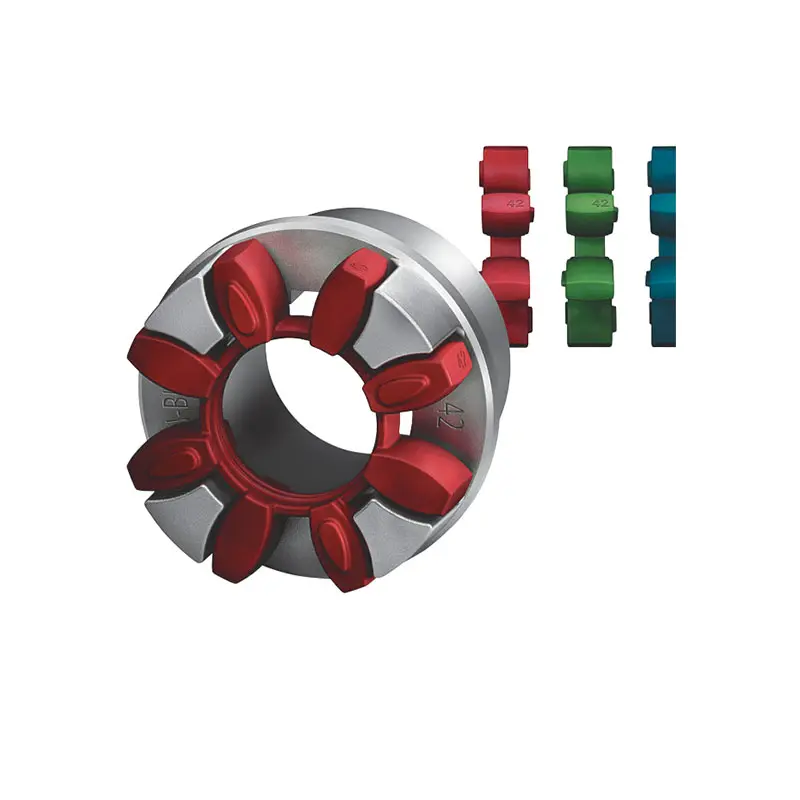 FLENDER Coupling
FLENDER Coupling  ZAPEX ZW Torsionally Rigid Gear Coupling
ZAPEX ZW Torsionally Rigid Gear Coupling 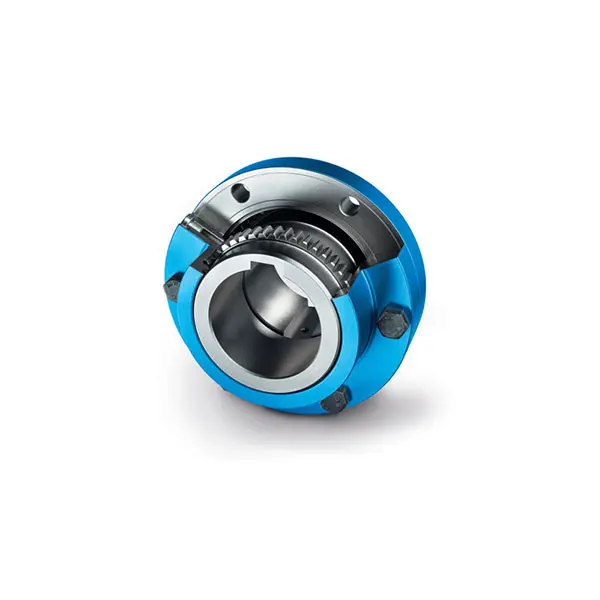 ZAPEX ZN Torsionally Rigid Gear Coupling
ZAPEX ZN Torsionally Rigid Gear Coupling 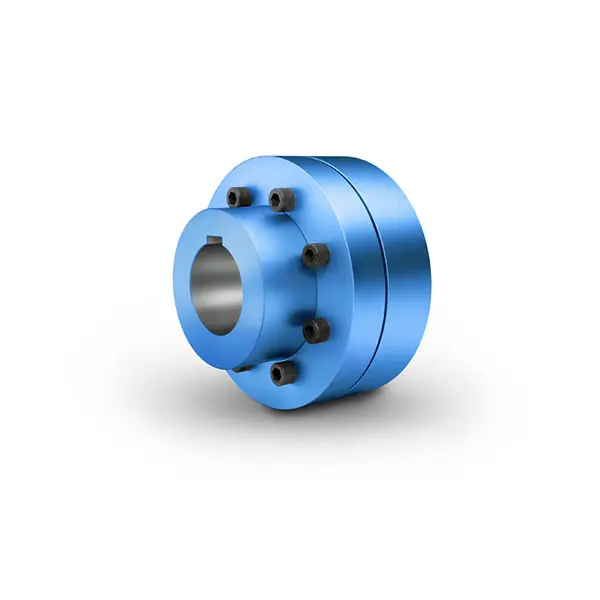 N-EUPEX Flexible high performance Coupling
N-EUPEX Flexible high performance Coupling 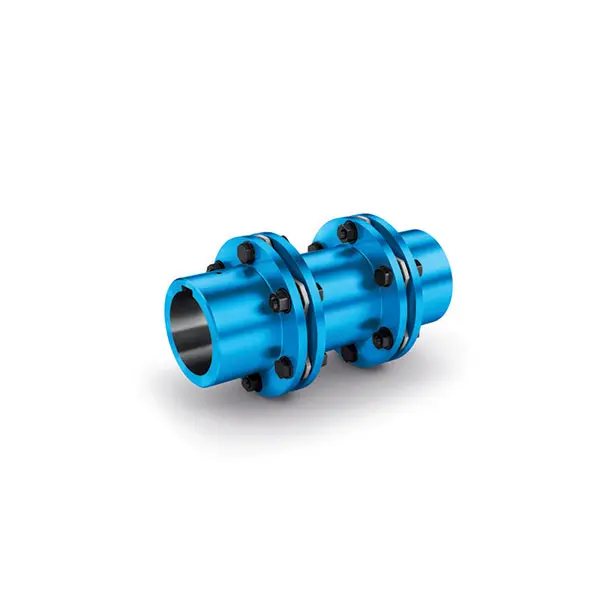 N-ARPEX Torsionally Rigid All-Steel Coupling
N-ARPEX Torsionally Rigid All-Steel Coupling 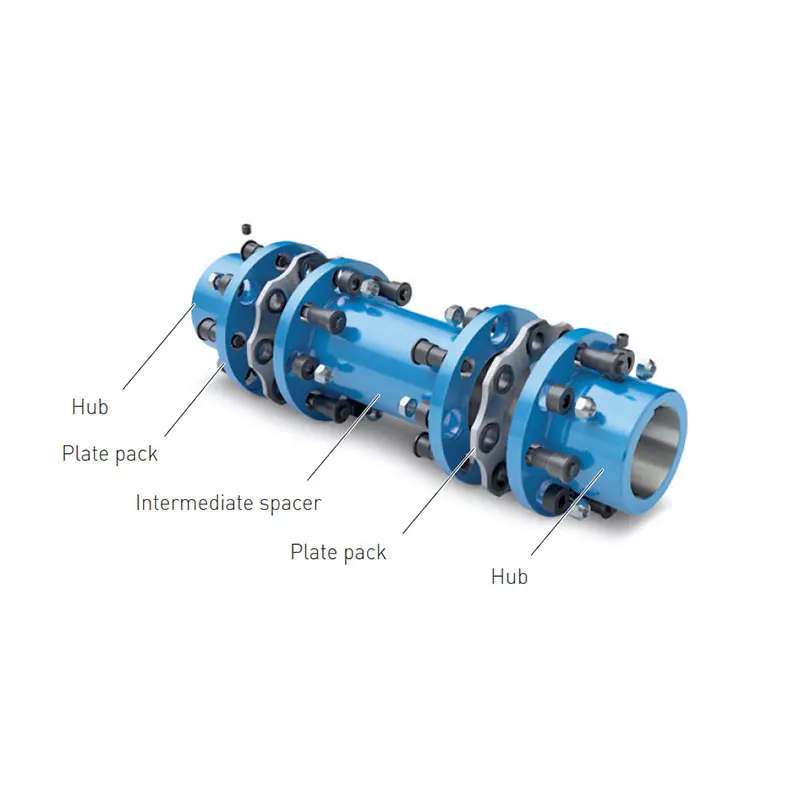 ARPEX Torsionally Rigid All-Steel Coupling Spare and Parts
ARPEX Torsionally Rigid All-Steel Coupling Spare and Parts  N-EUPEX DS Flexible High Performance Coupling
N-EUPEX DS Flexible High Performance Coupling 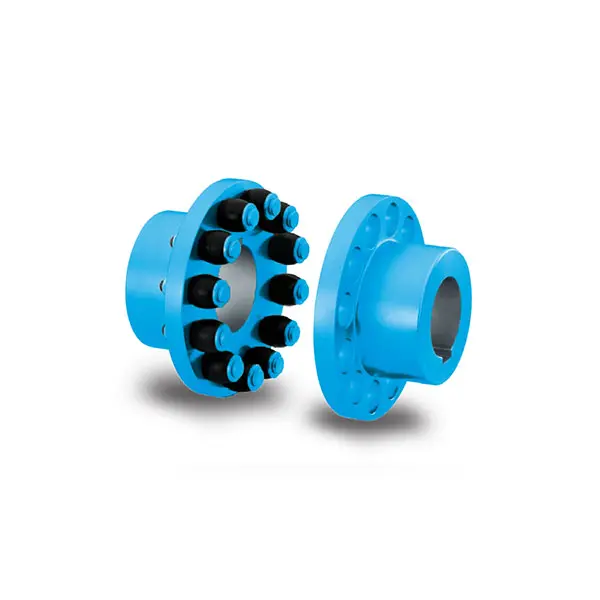 RUPEX Flexible high performance Coupling
RUPEX Flexible high performance Coupling 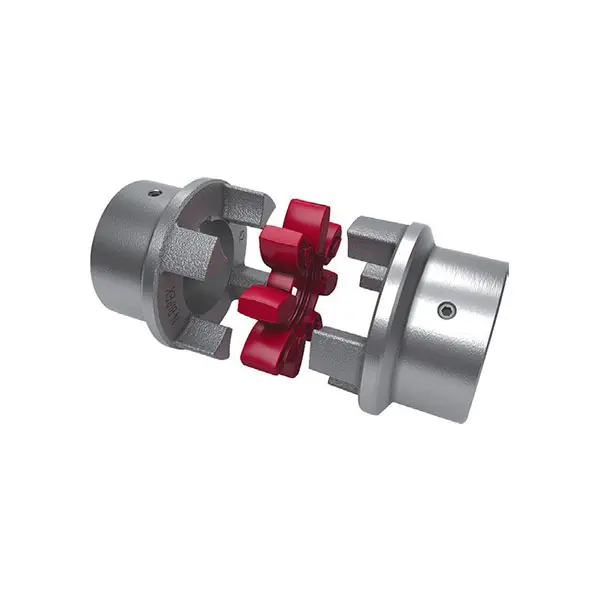 N BIPEX Flexible high performance coupling
N BIPEX Flexible high performance coupling 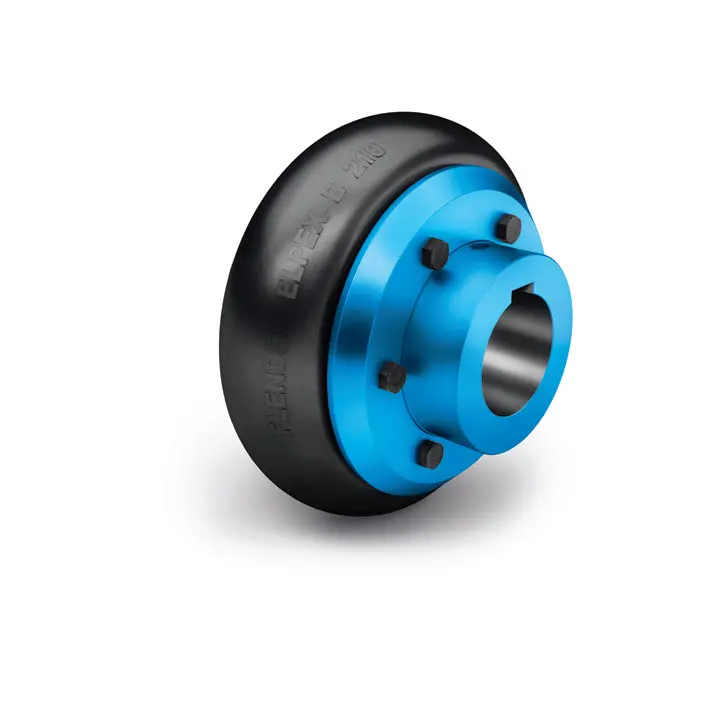 ELPEX B Highly Flexible Coupling
ELPEX B Highly Flexible Coupling 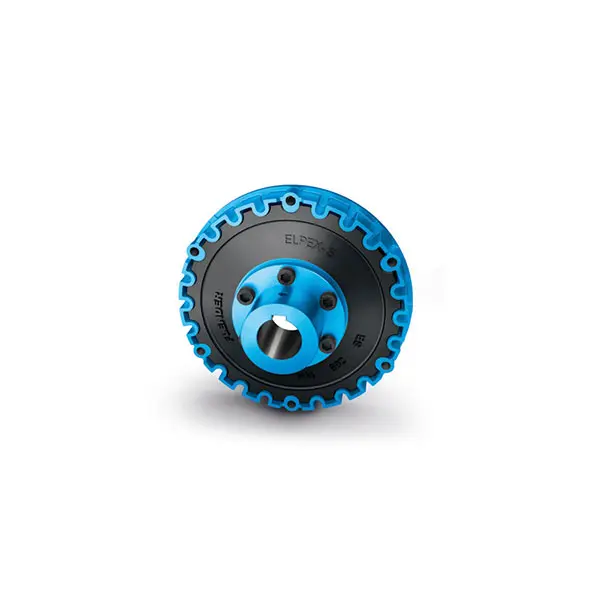 ELPEX S Highly Flexible Coupling high performance
ELPEX S Highly Flexible Coupling high performance 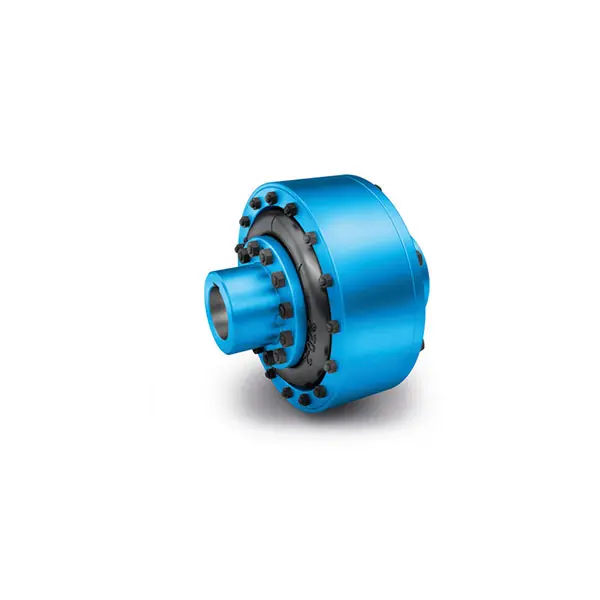 ELPEX Highly Flexible Coupling high performance
ELPEX Highly Flexible Coupling high performance 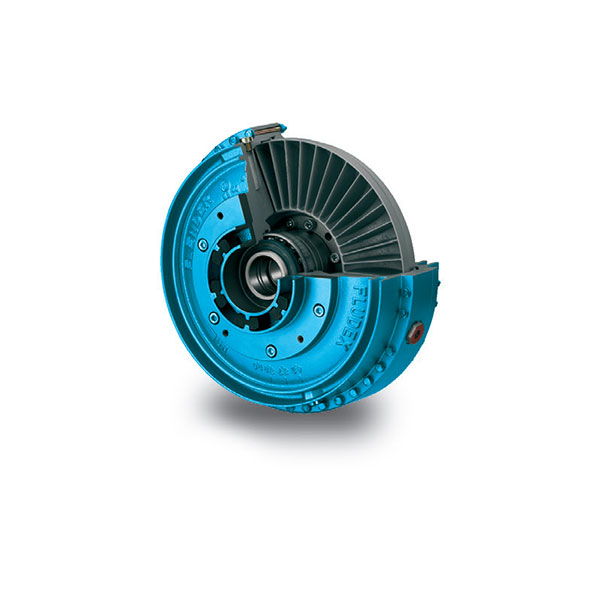 FLUDEX Fluid Coupling high performance
FLUDEX Fluid Coupling high performance 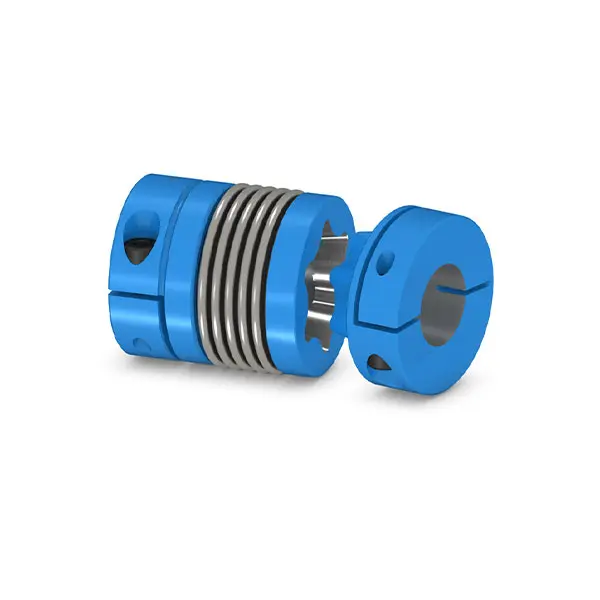 SIPEX Backlash free Coupling high performance
SIPEX Backlash free Coupling high performance 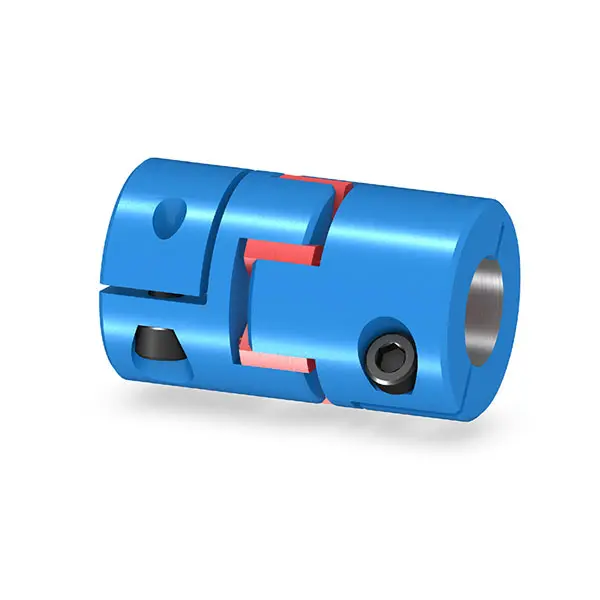 BIPEX S Backlash free Coupling high performance
BIPEX S Backlash free Coupling high performance 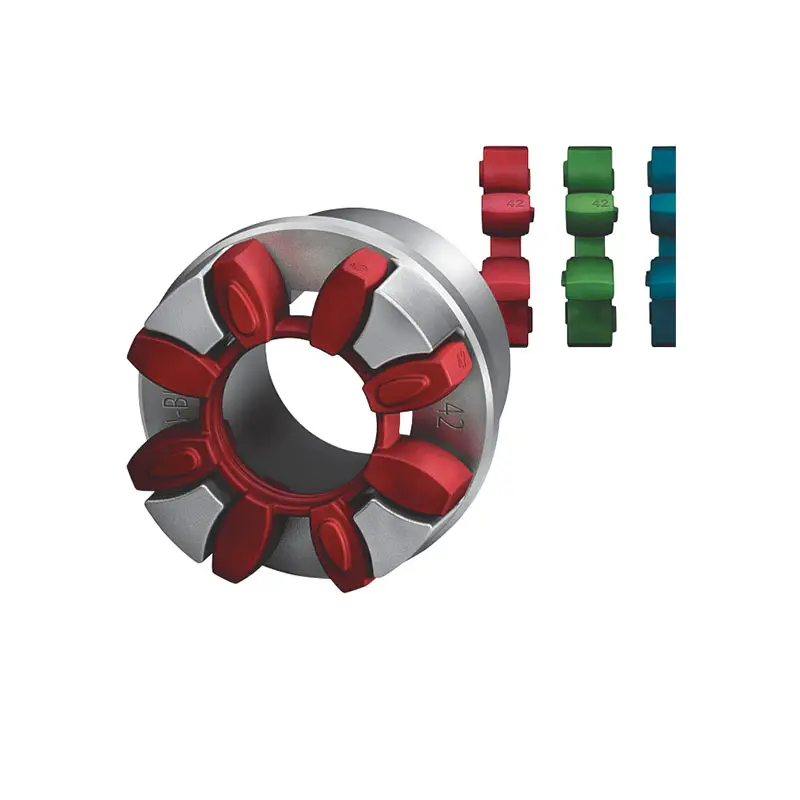 FLENDER Coupling Spare Parts high performance
FLENDER Coupling Spare Parts high performance 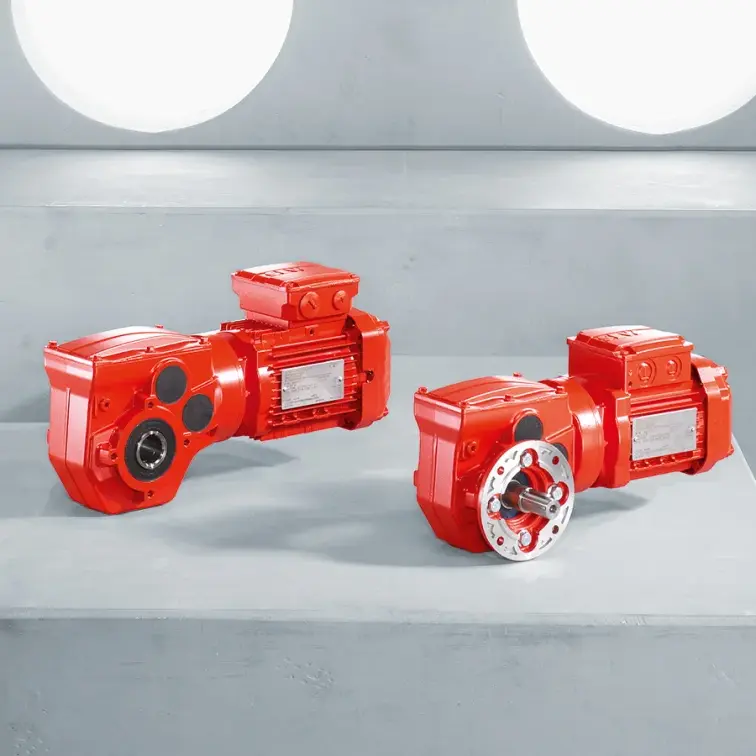 SEW Gearmotor
SEW Gearmotor
Our Company
News
Case
Contact Us
 R Series Helical Gearmotor low voltage
R Series Helical Gearmotor low voltage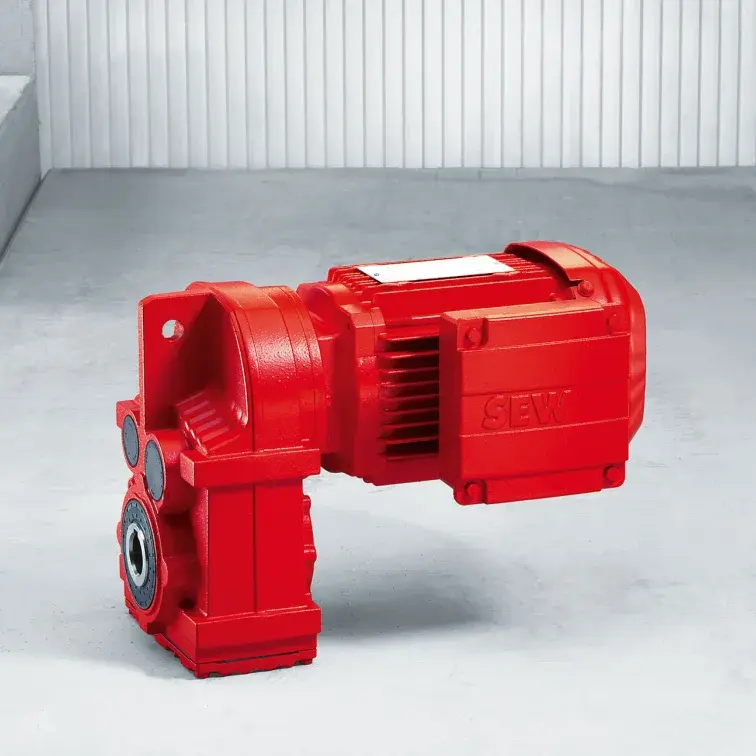 F Series Parallel Shaft Gearmotor low voltage
F Series Parallel Shaft Gearmotor low voltage K Series Helical Bevel Gearmotor low voltage
K Series Helical Bevel Gearmotor low voltage S Series Helical Worm Gearmotor low voltage
S Series Helical Worm Gearmotor low voltage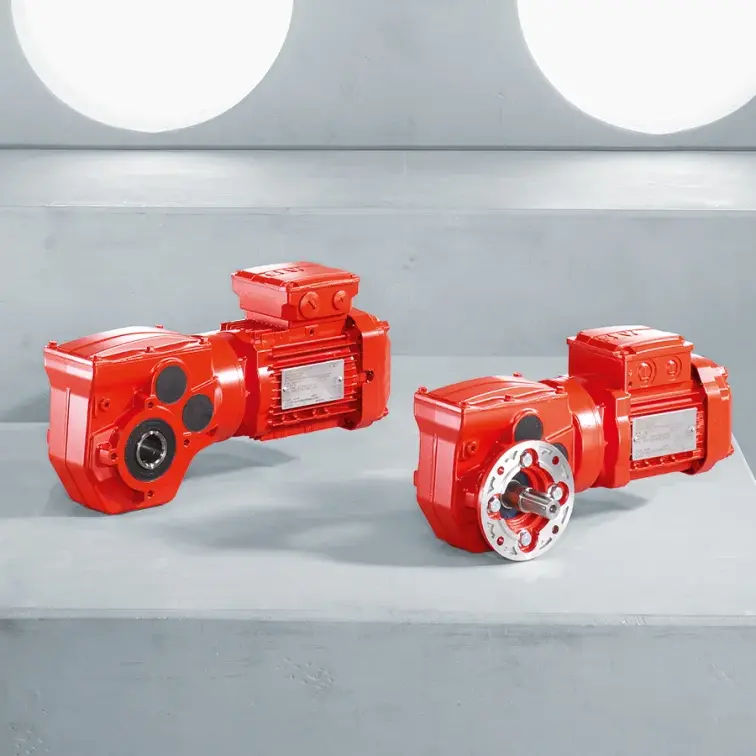 W Series SPIROPLAN® Right Angle Gearmotor
W Series SPIROPLAN® Right Angle Gearmotor







